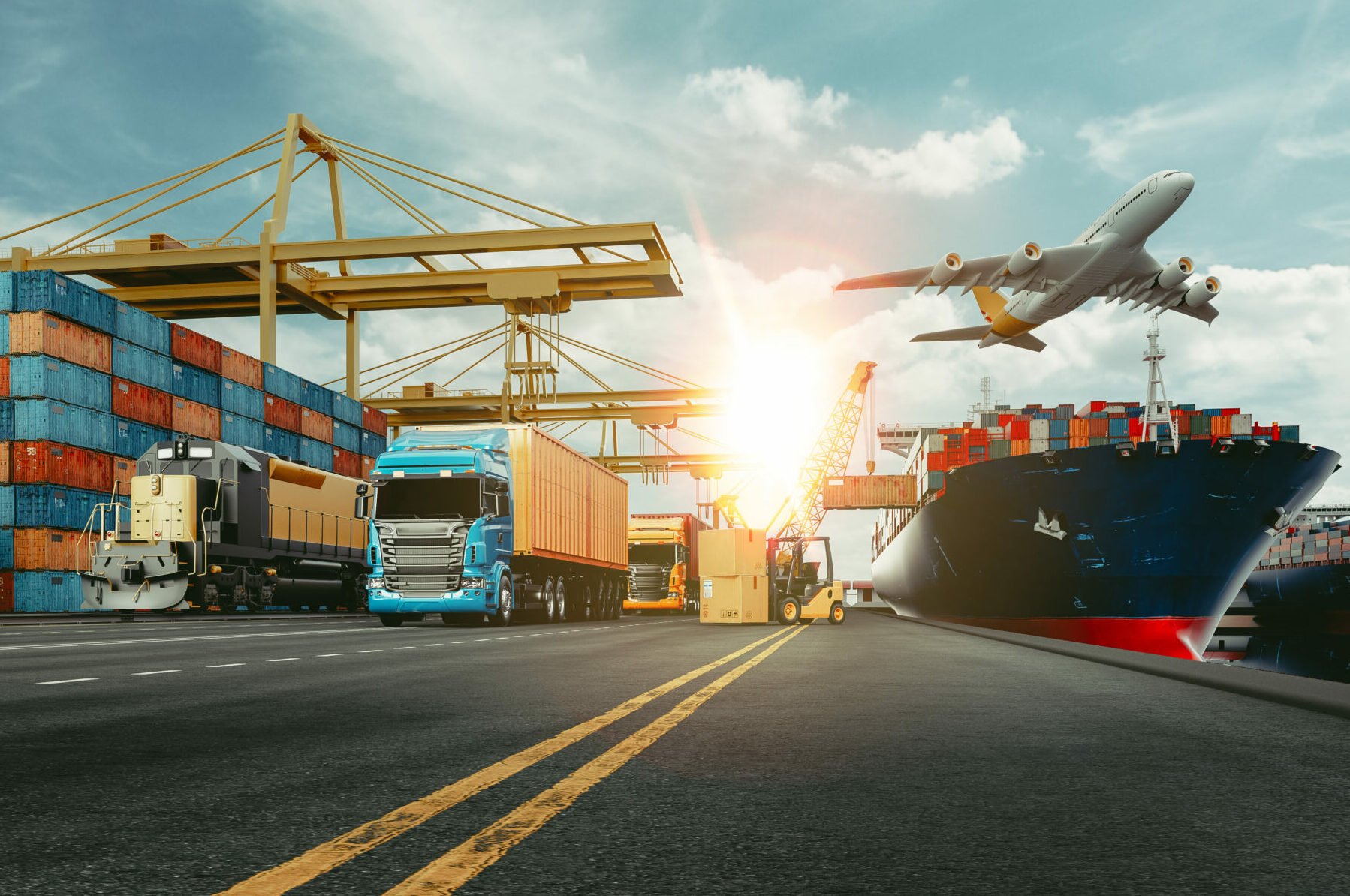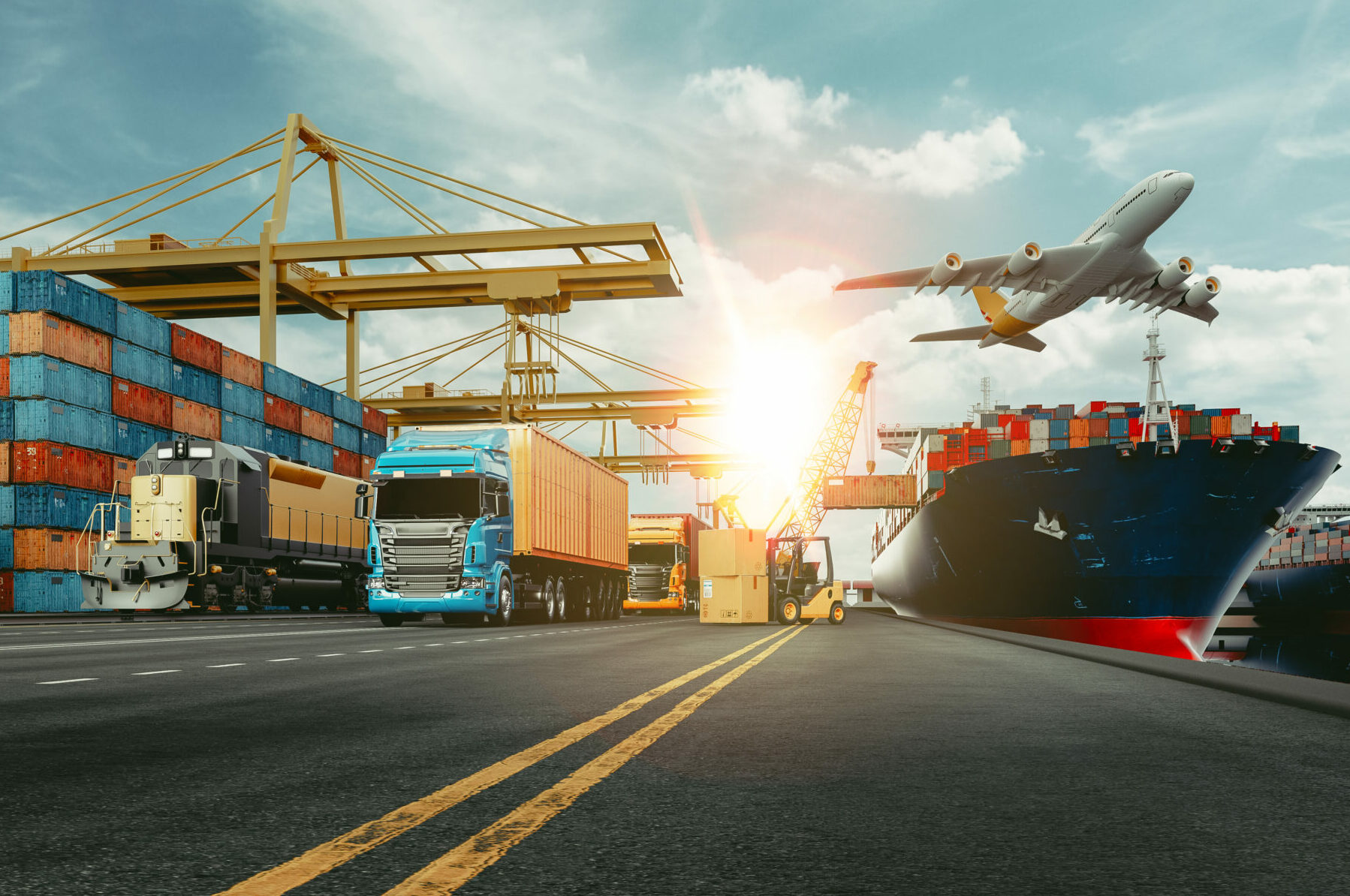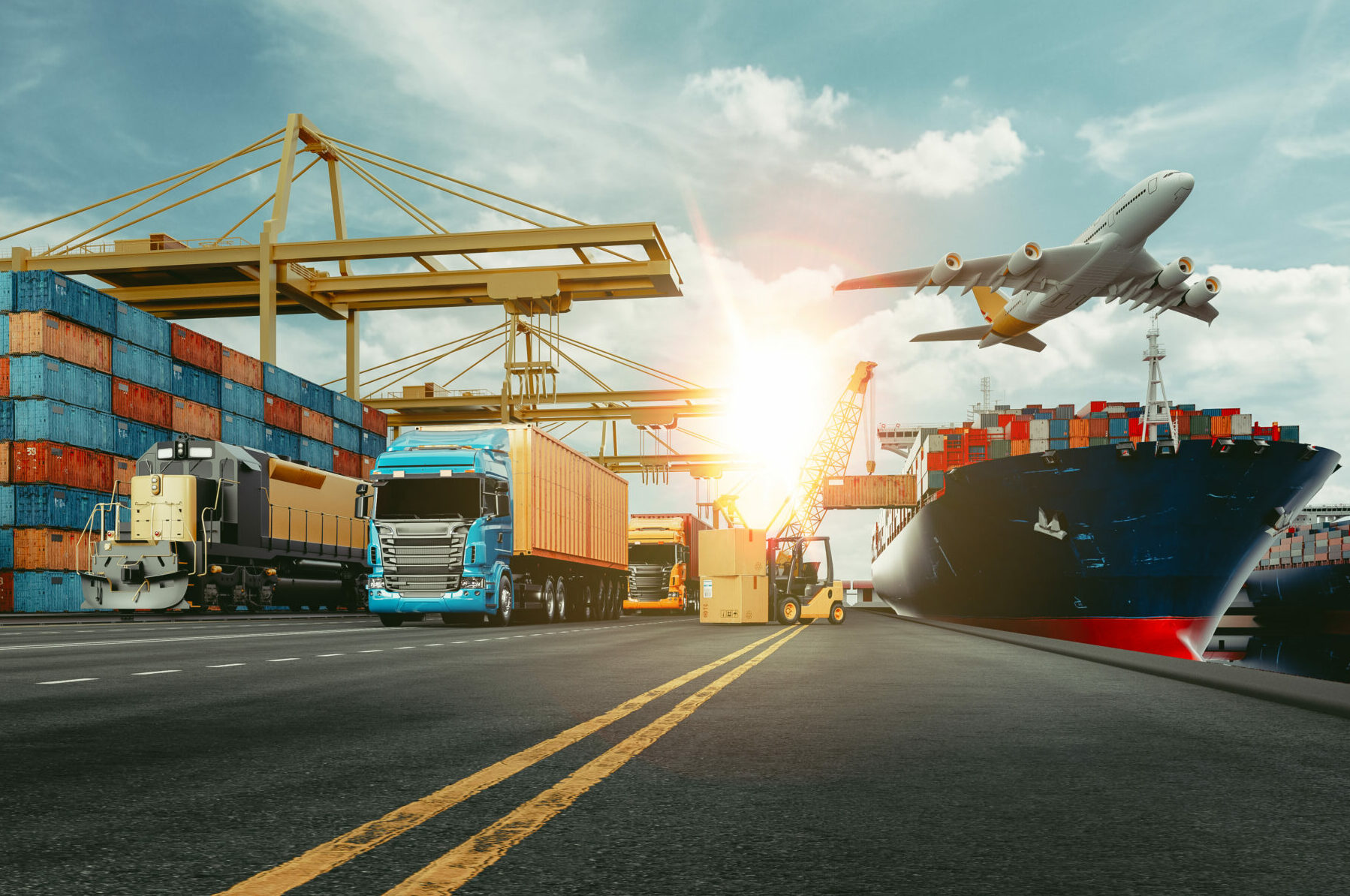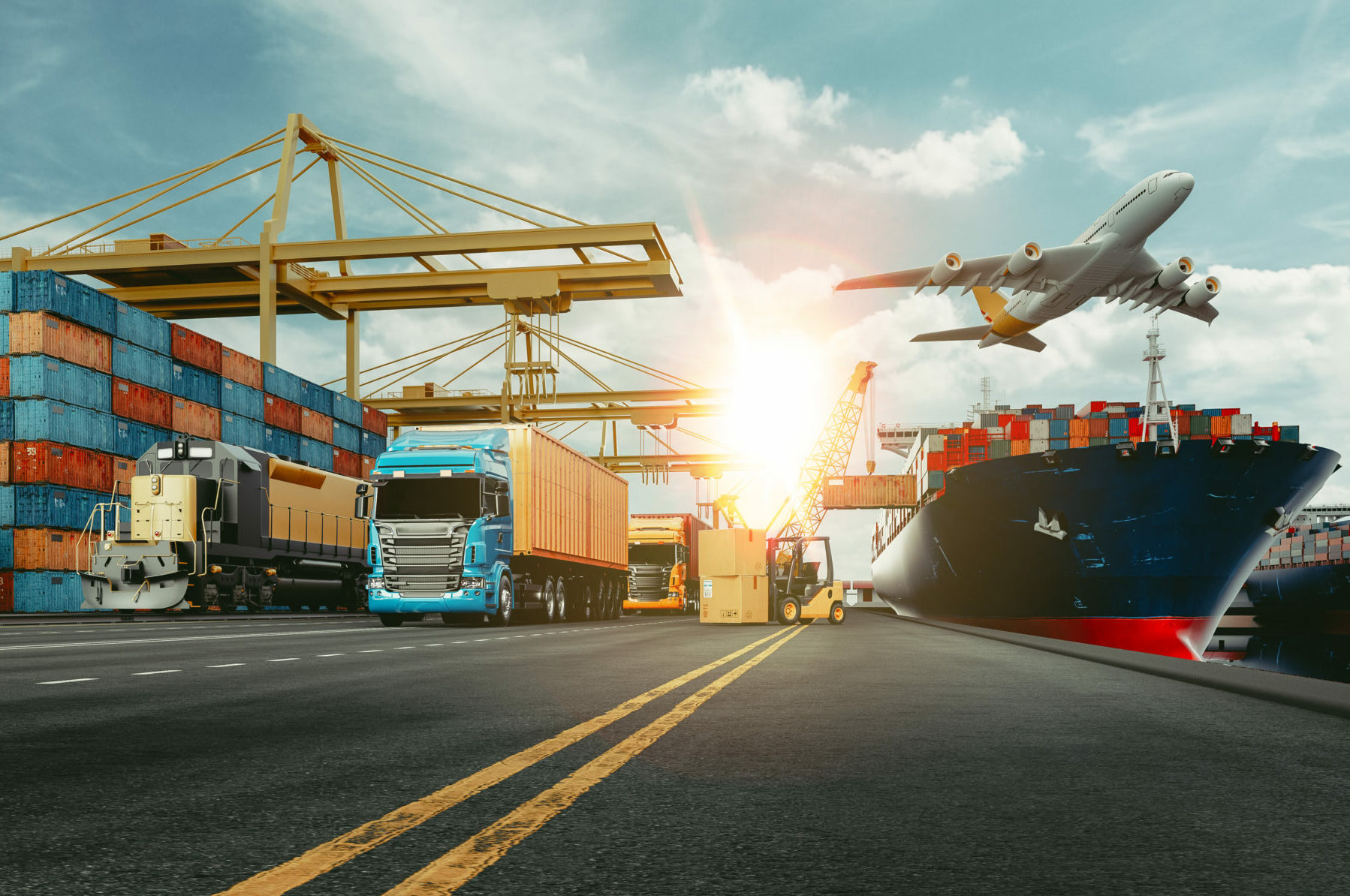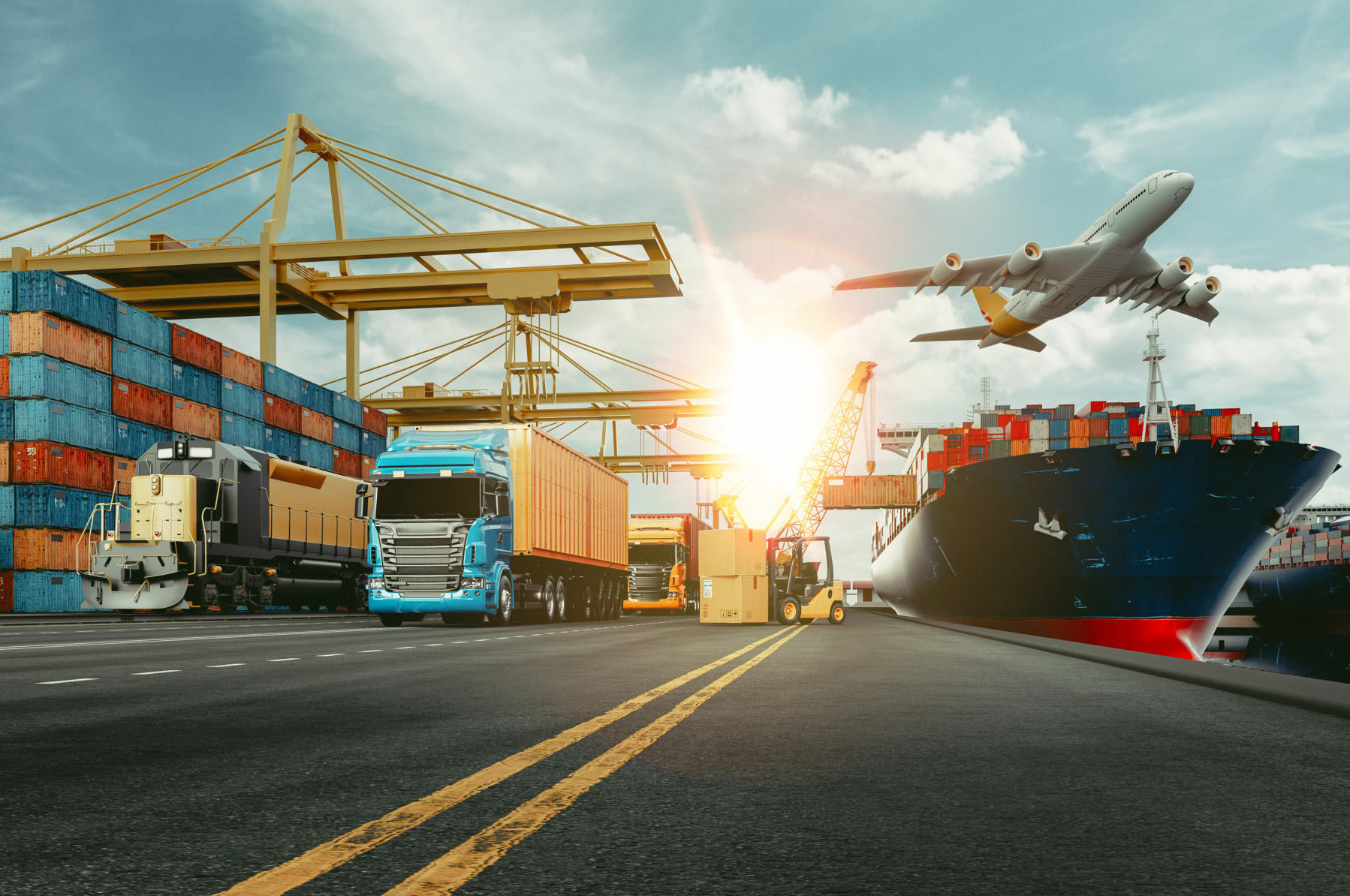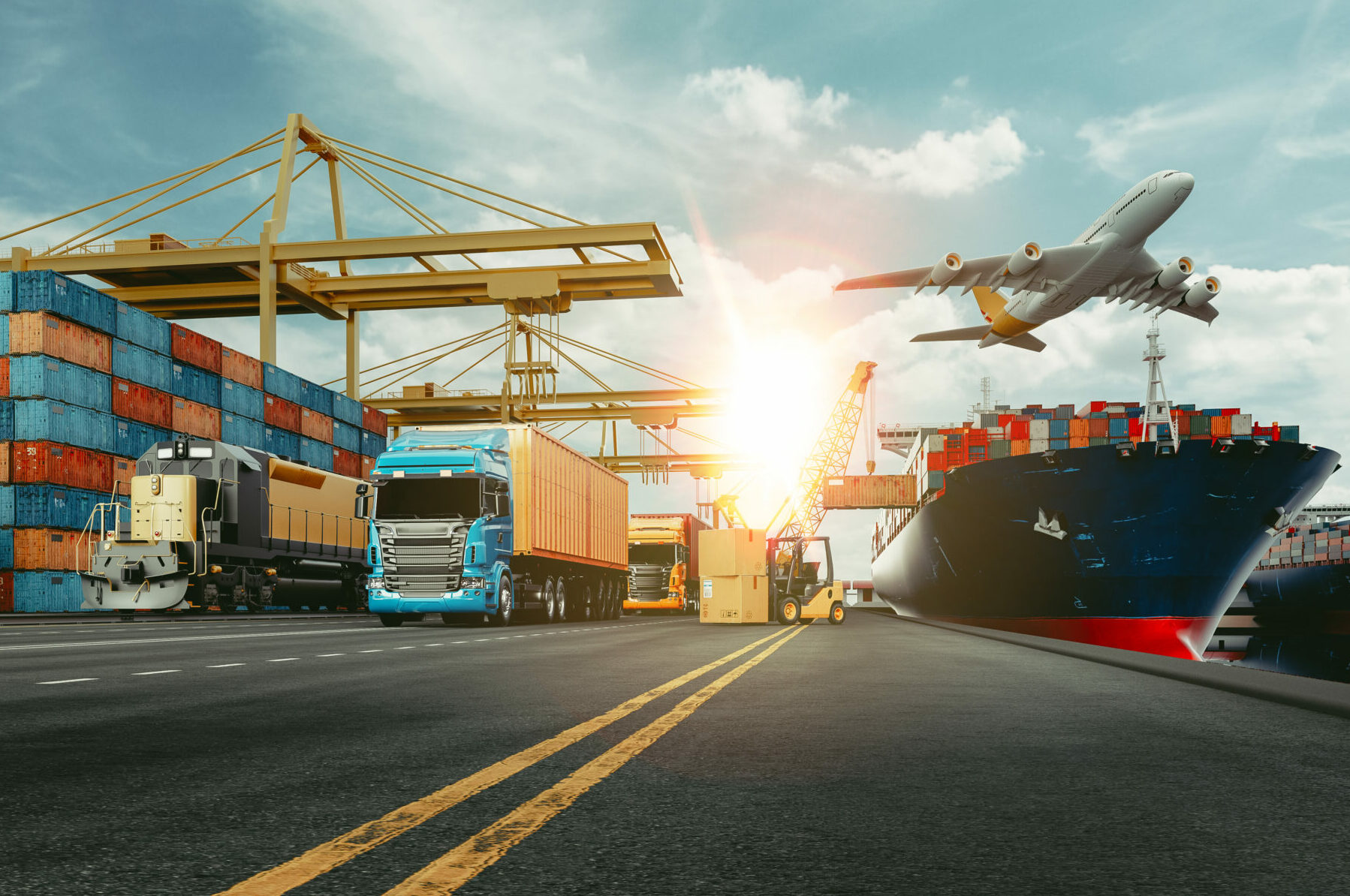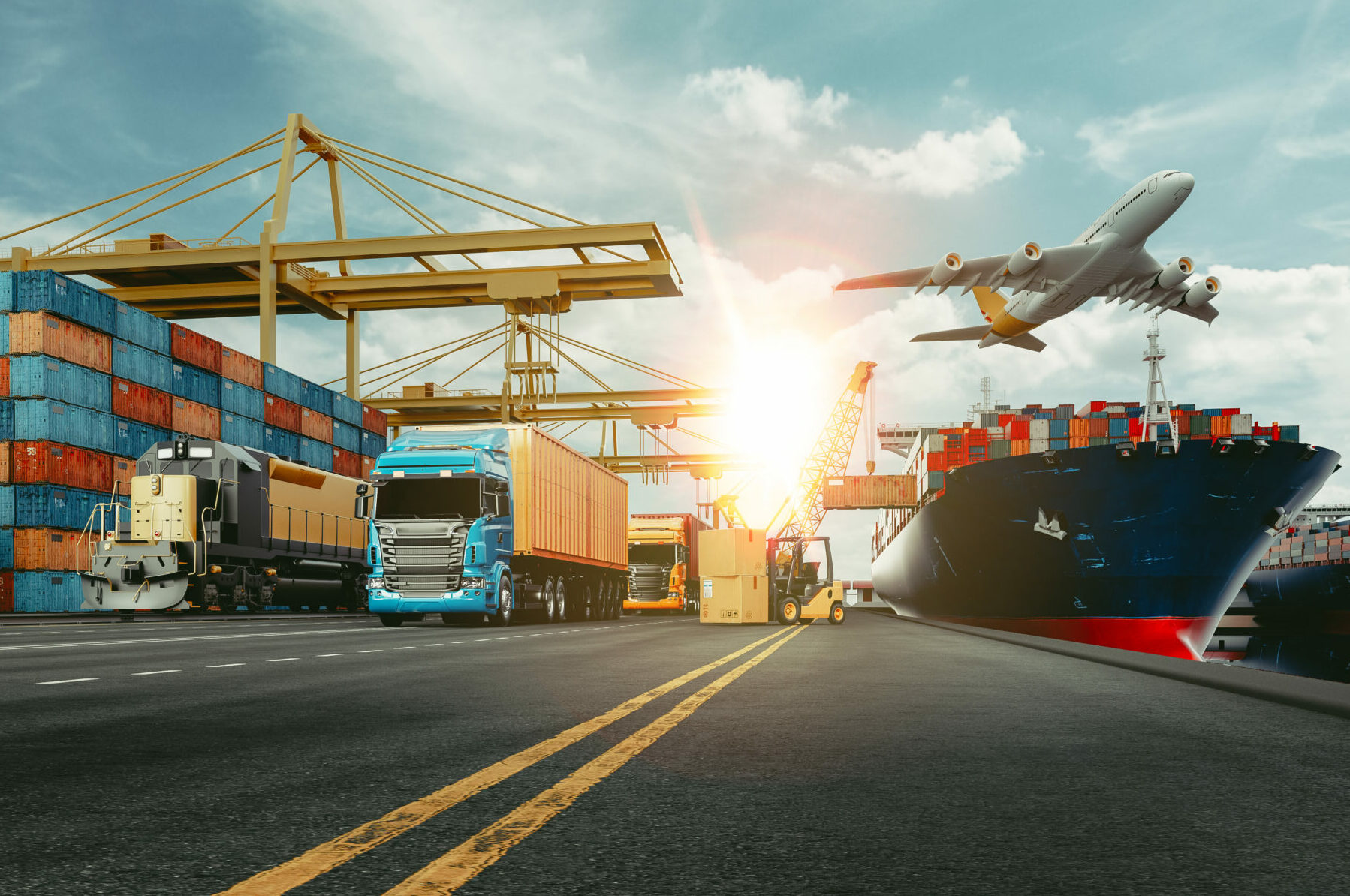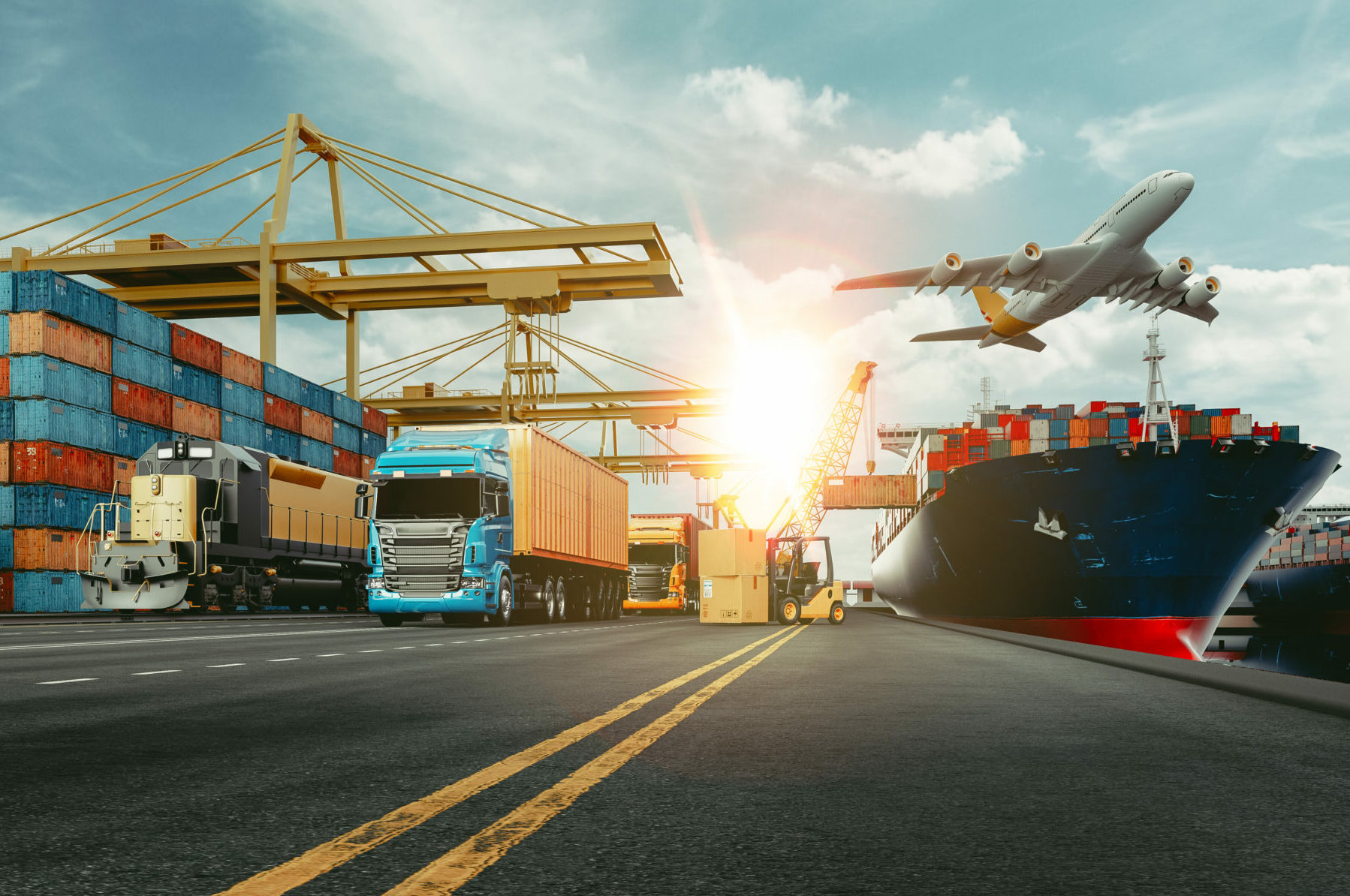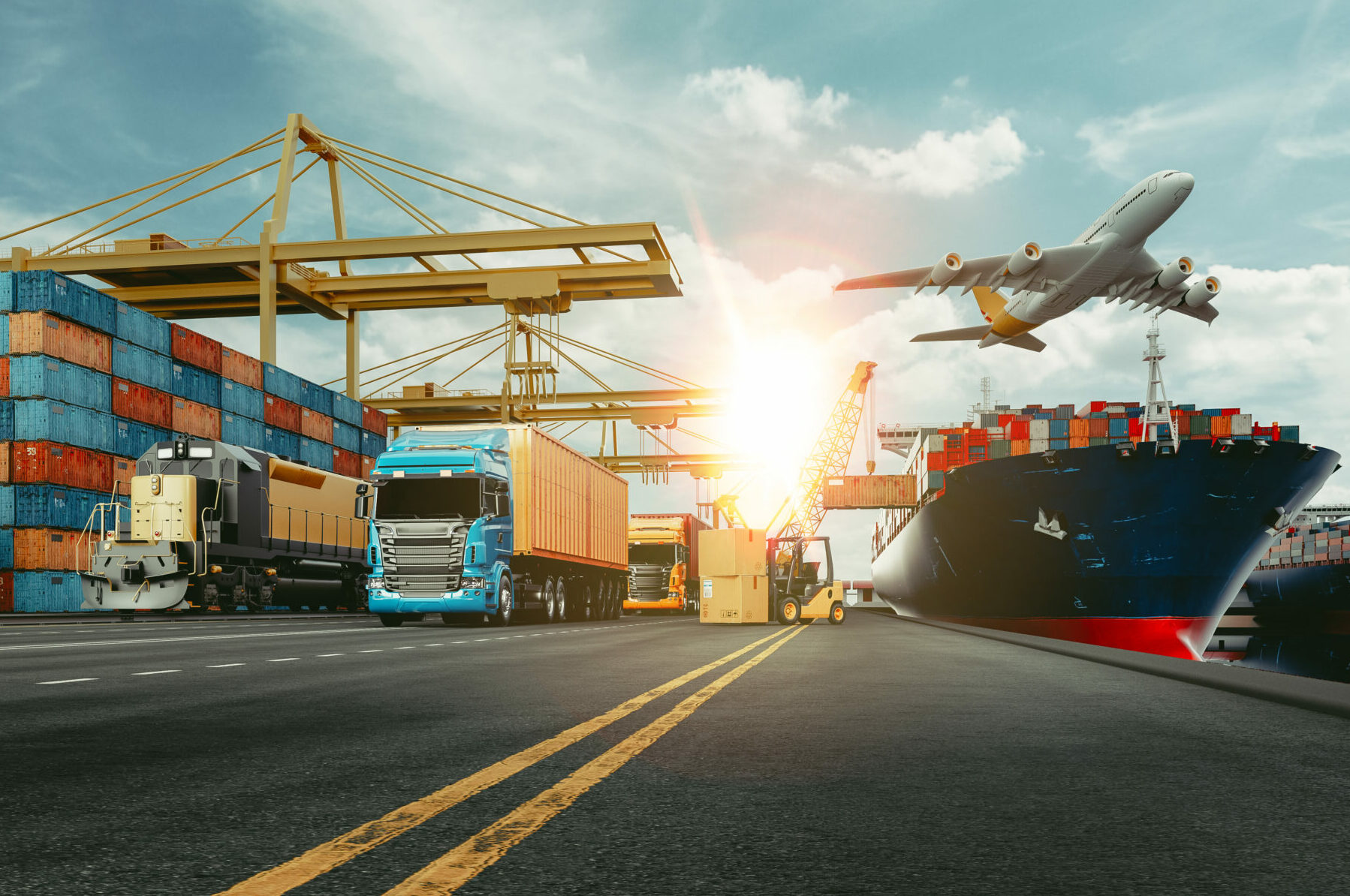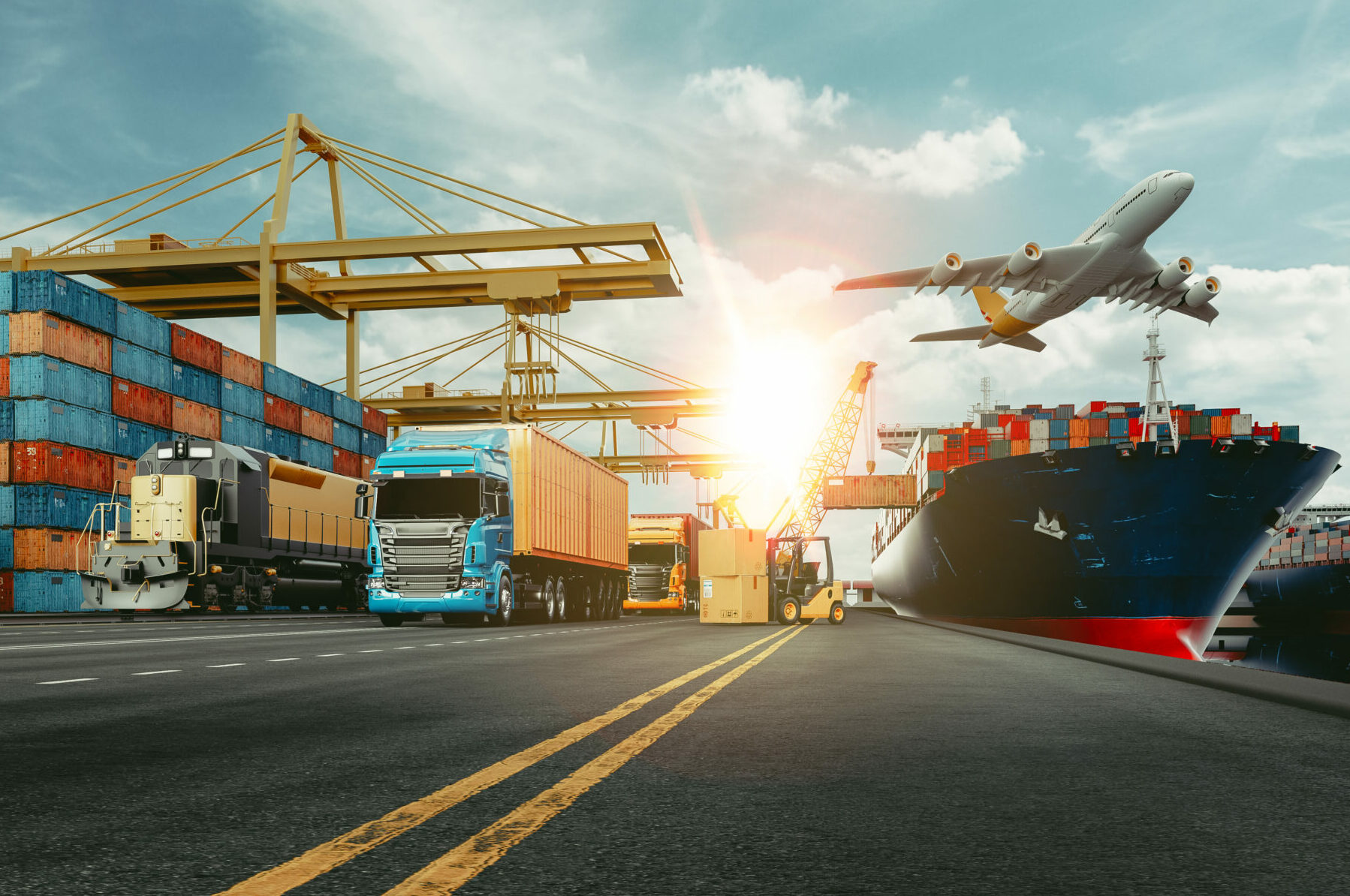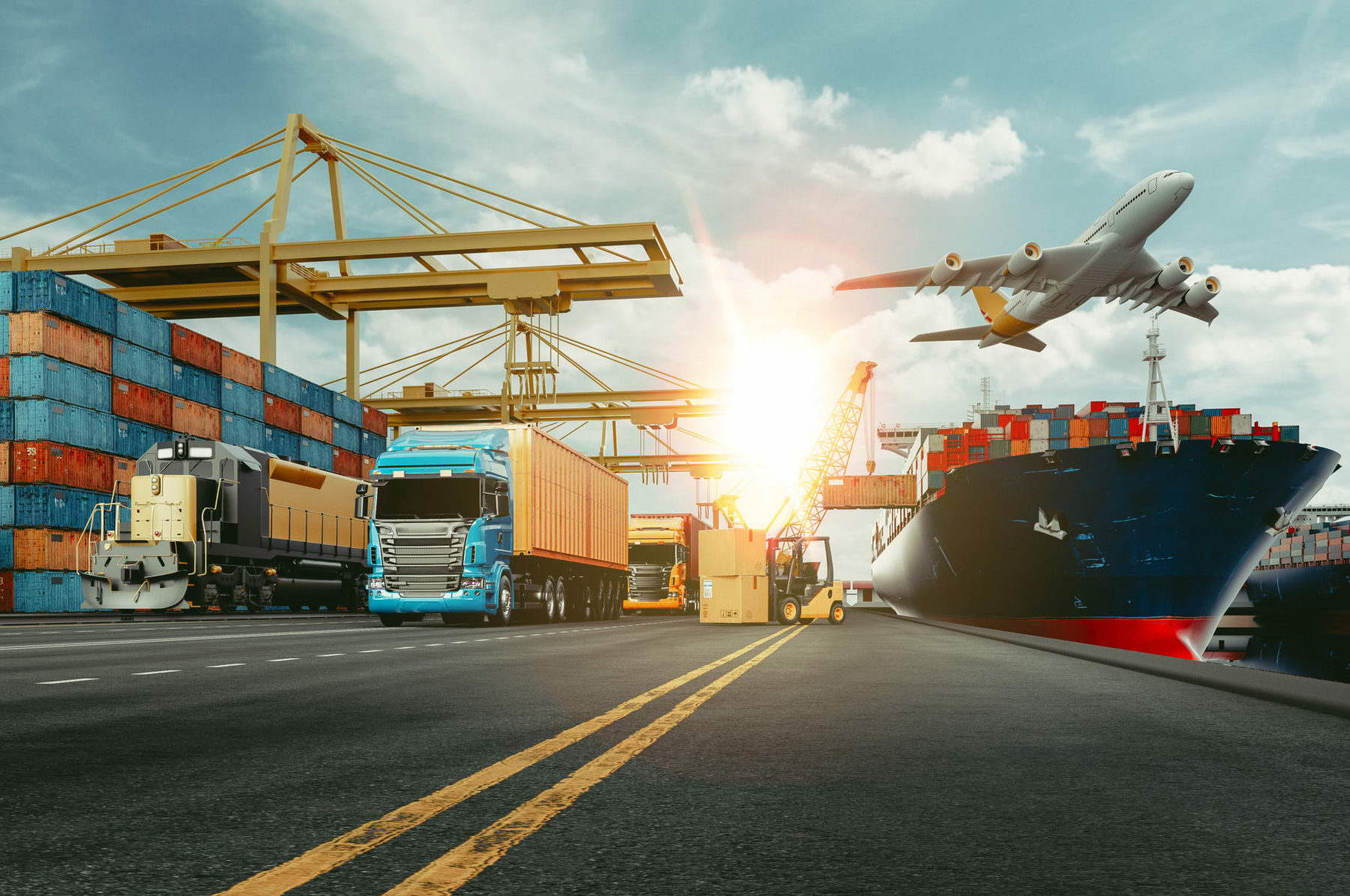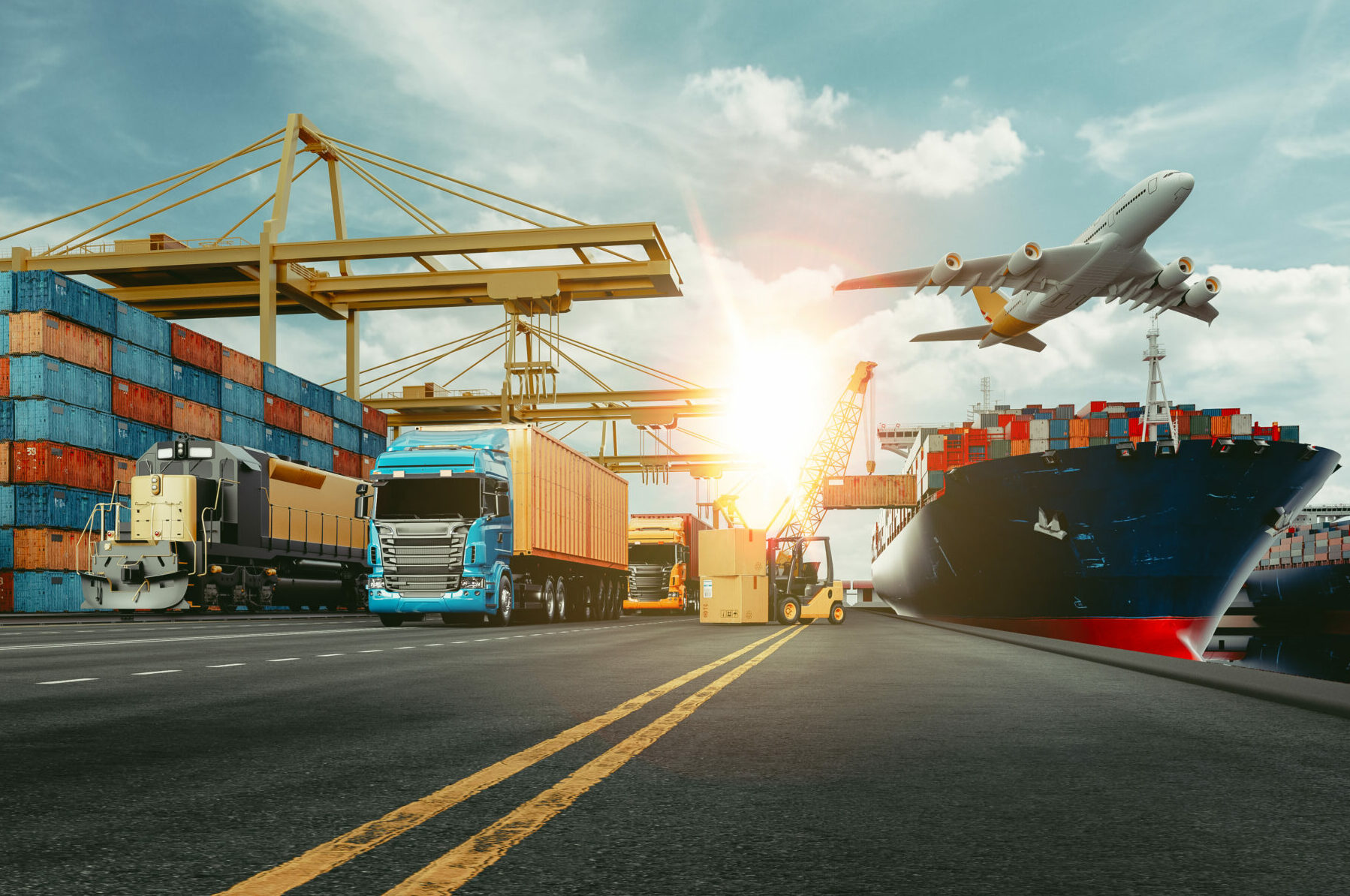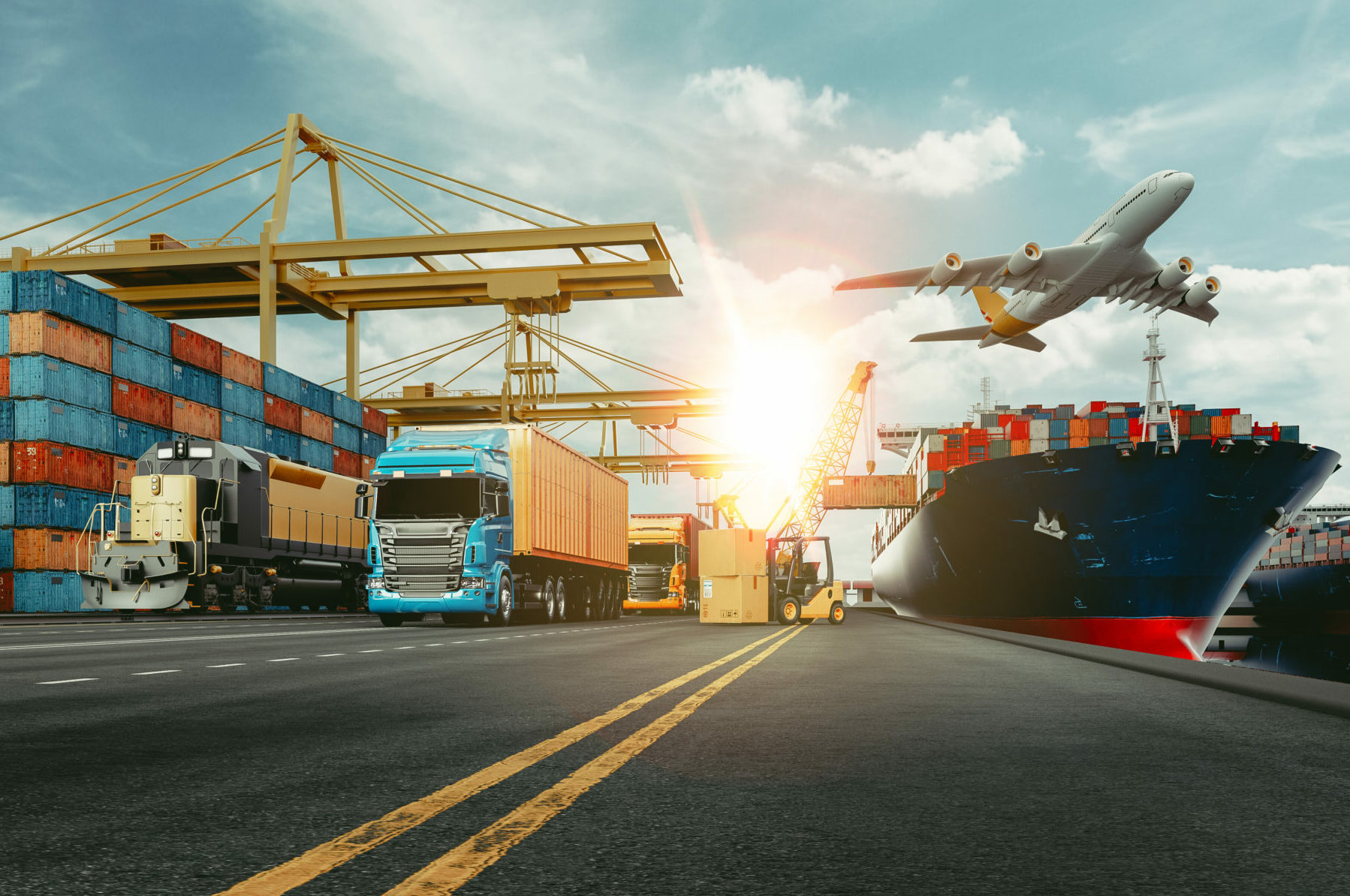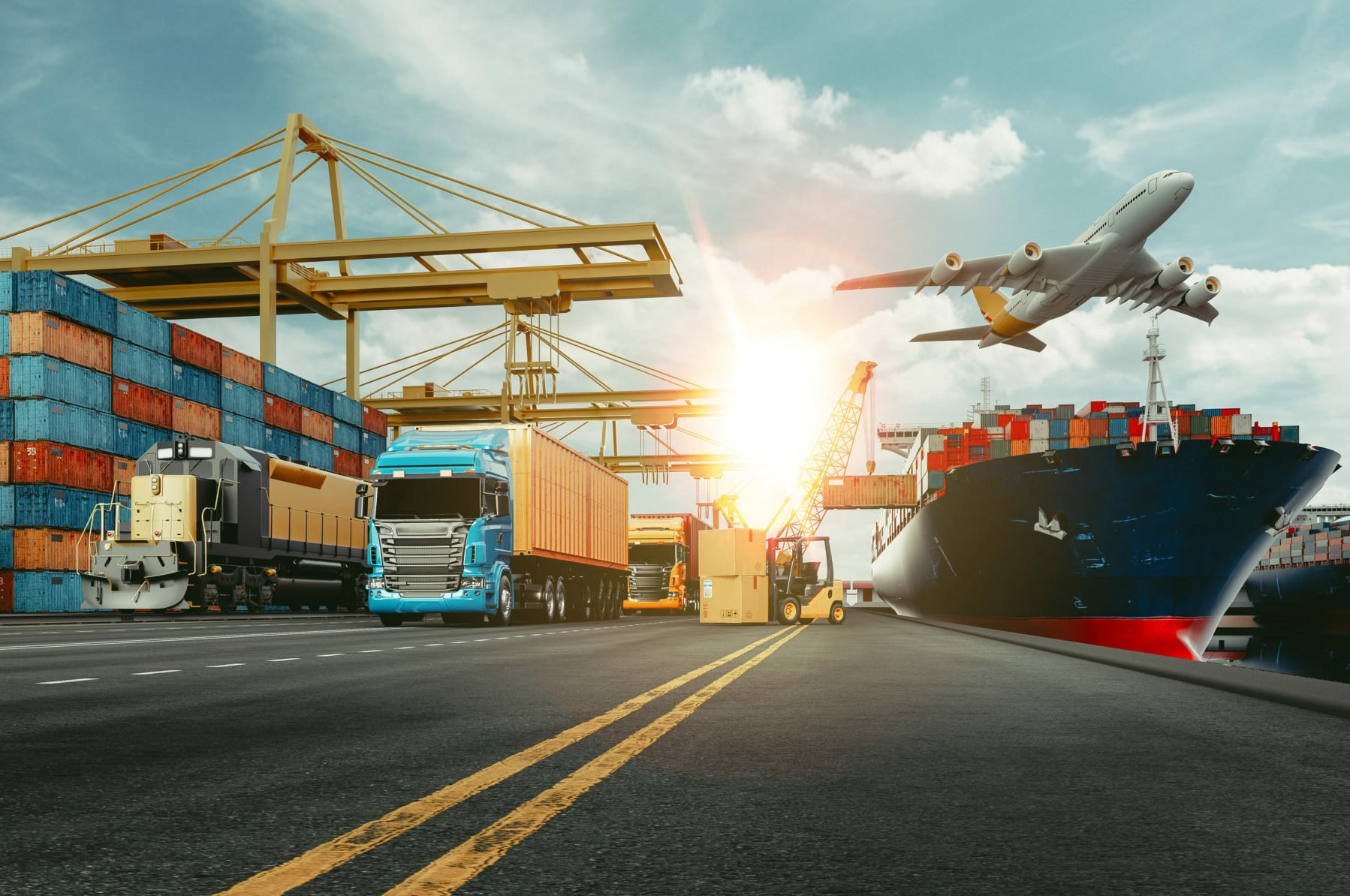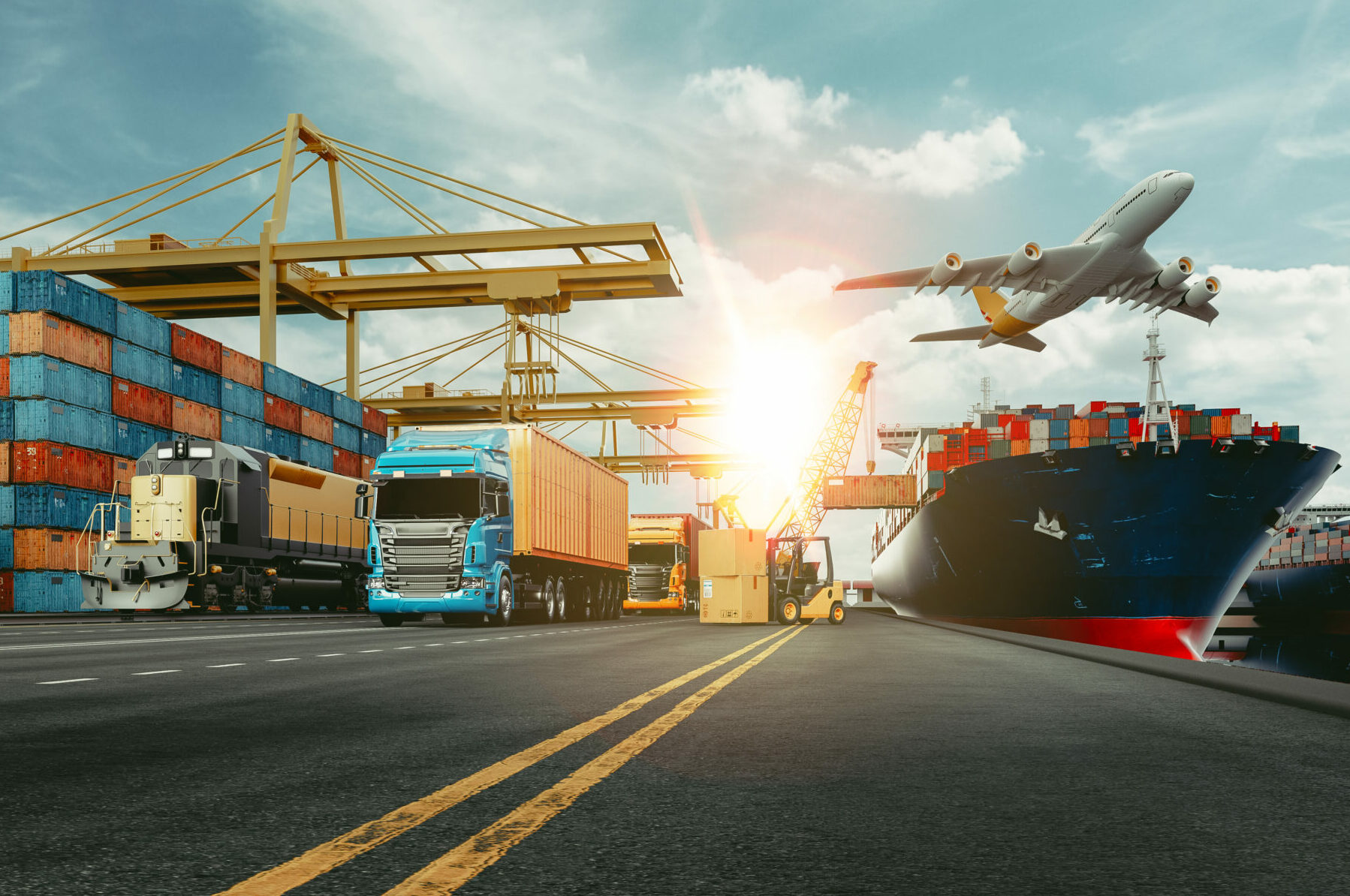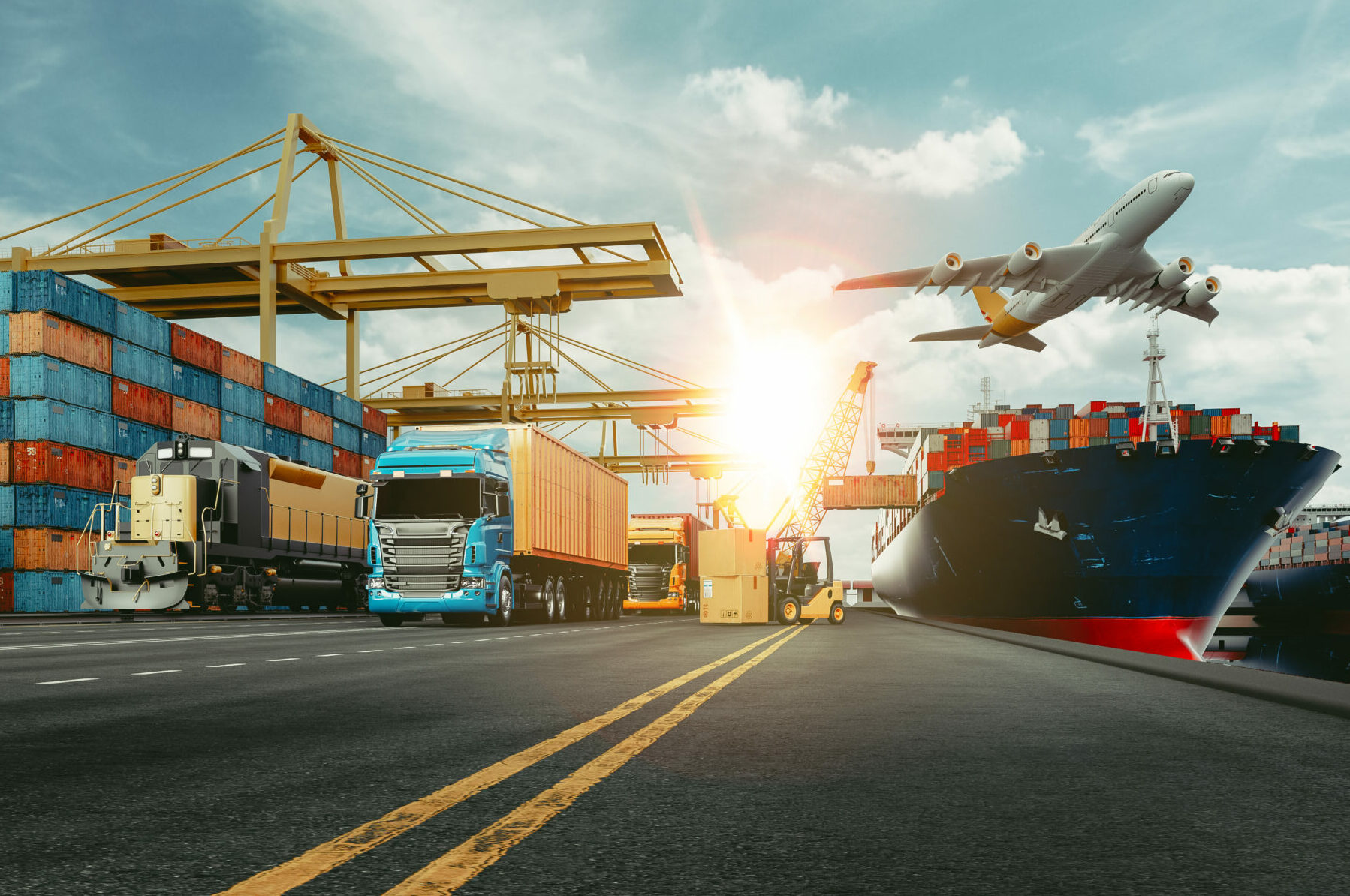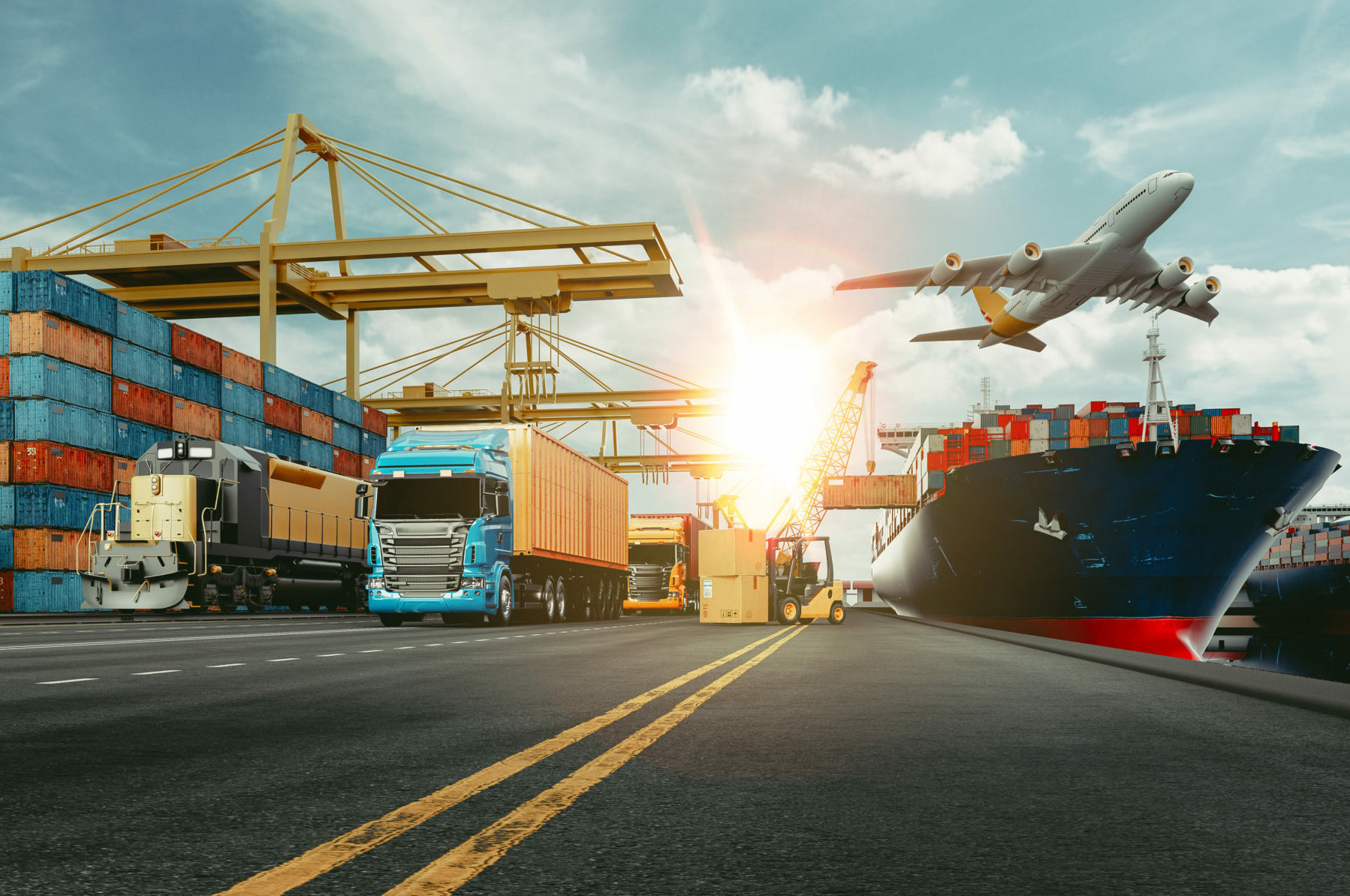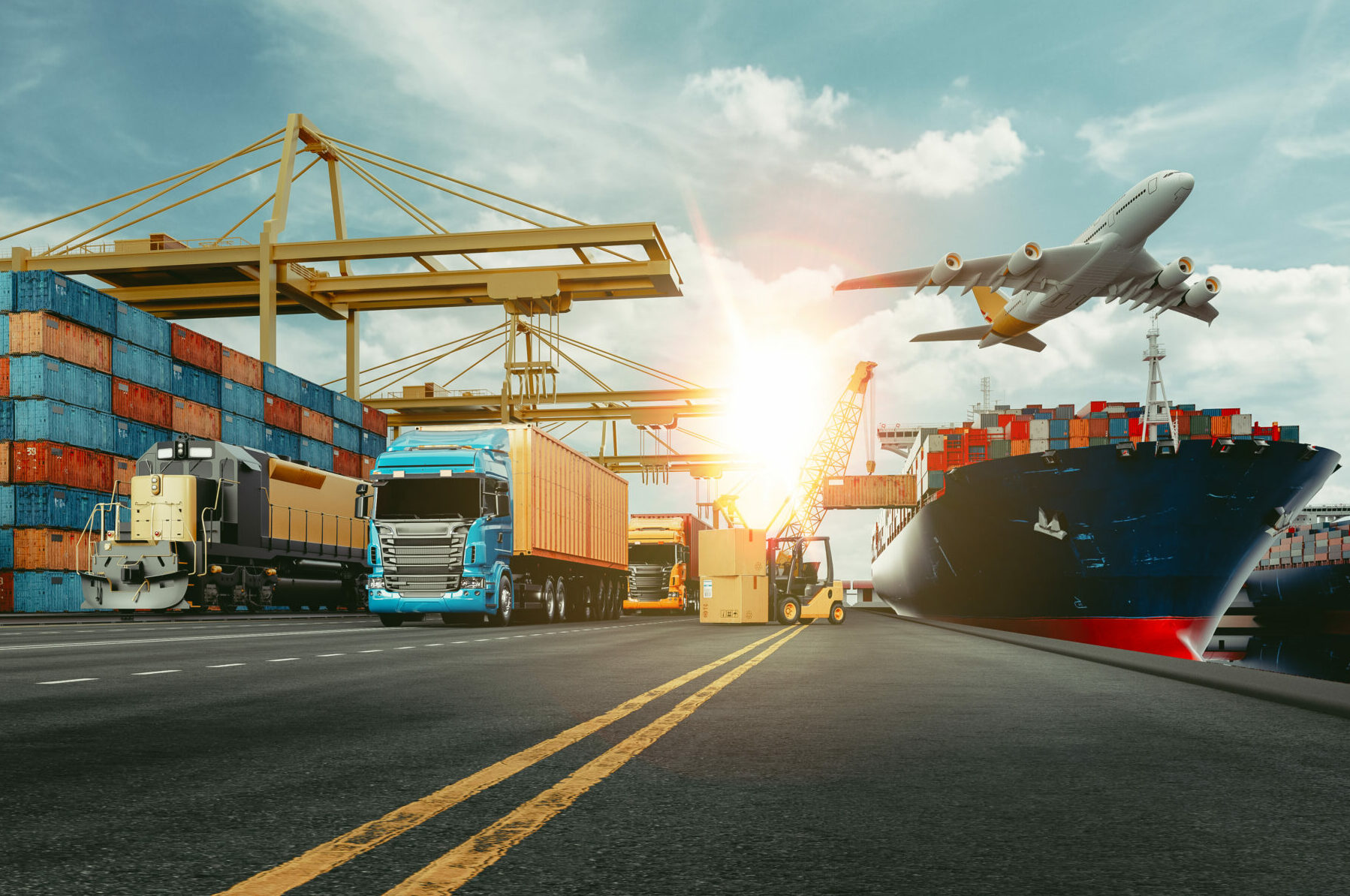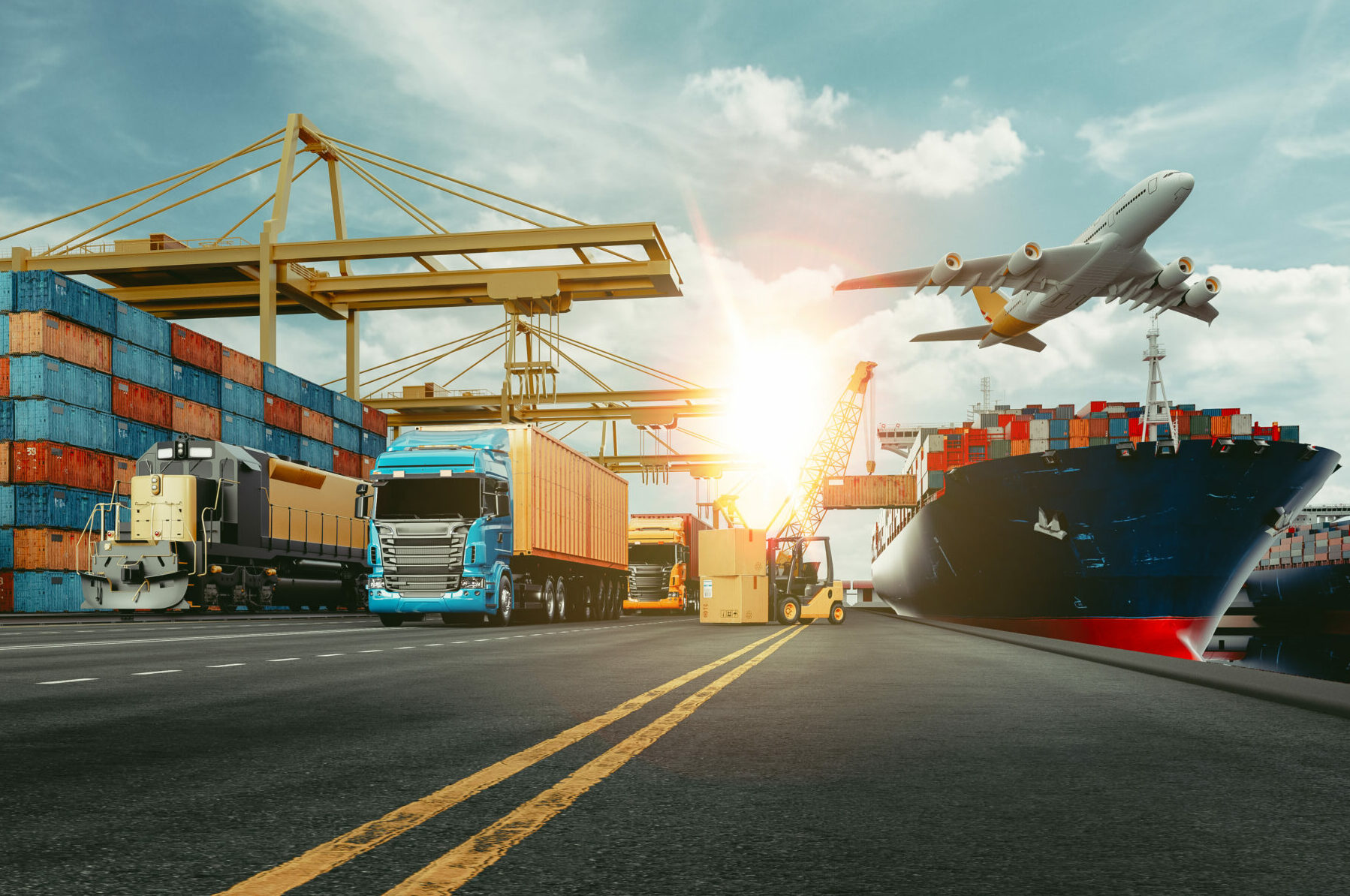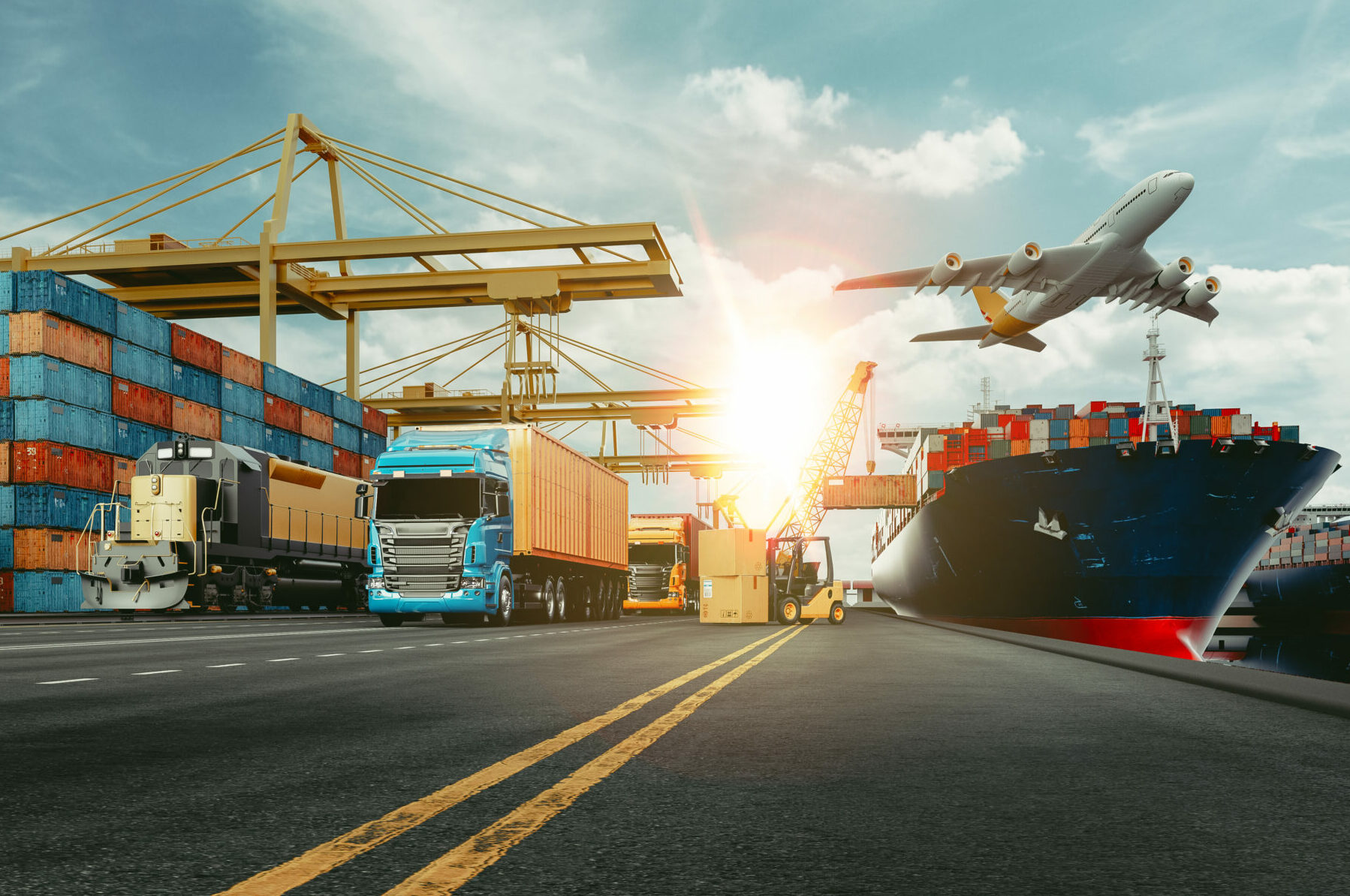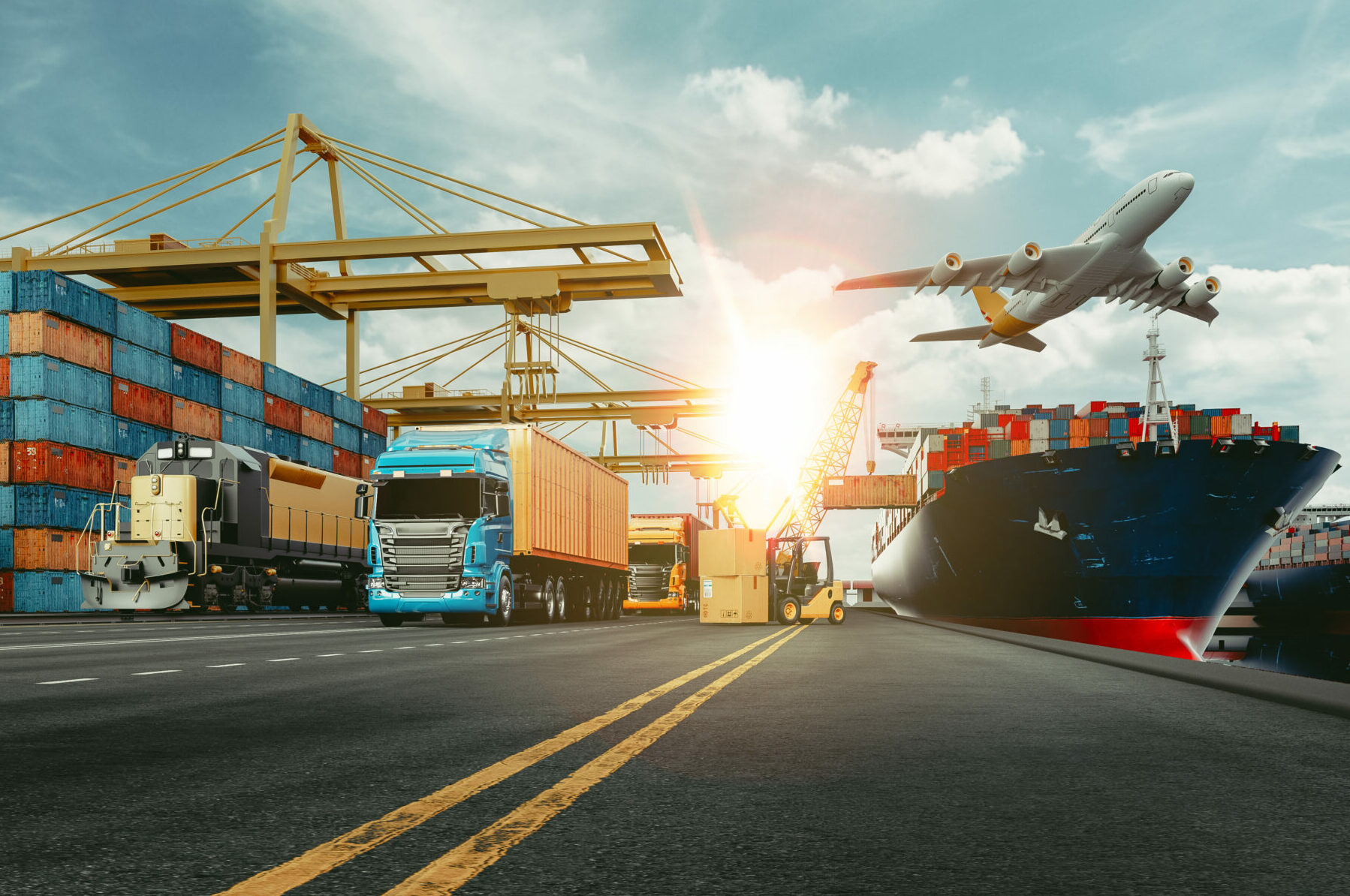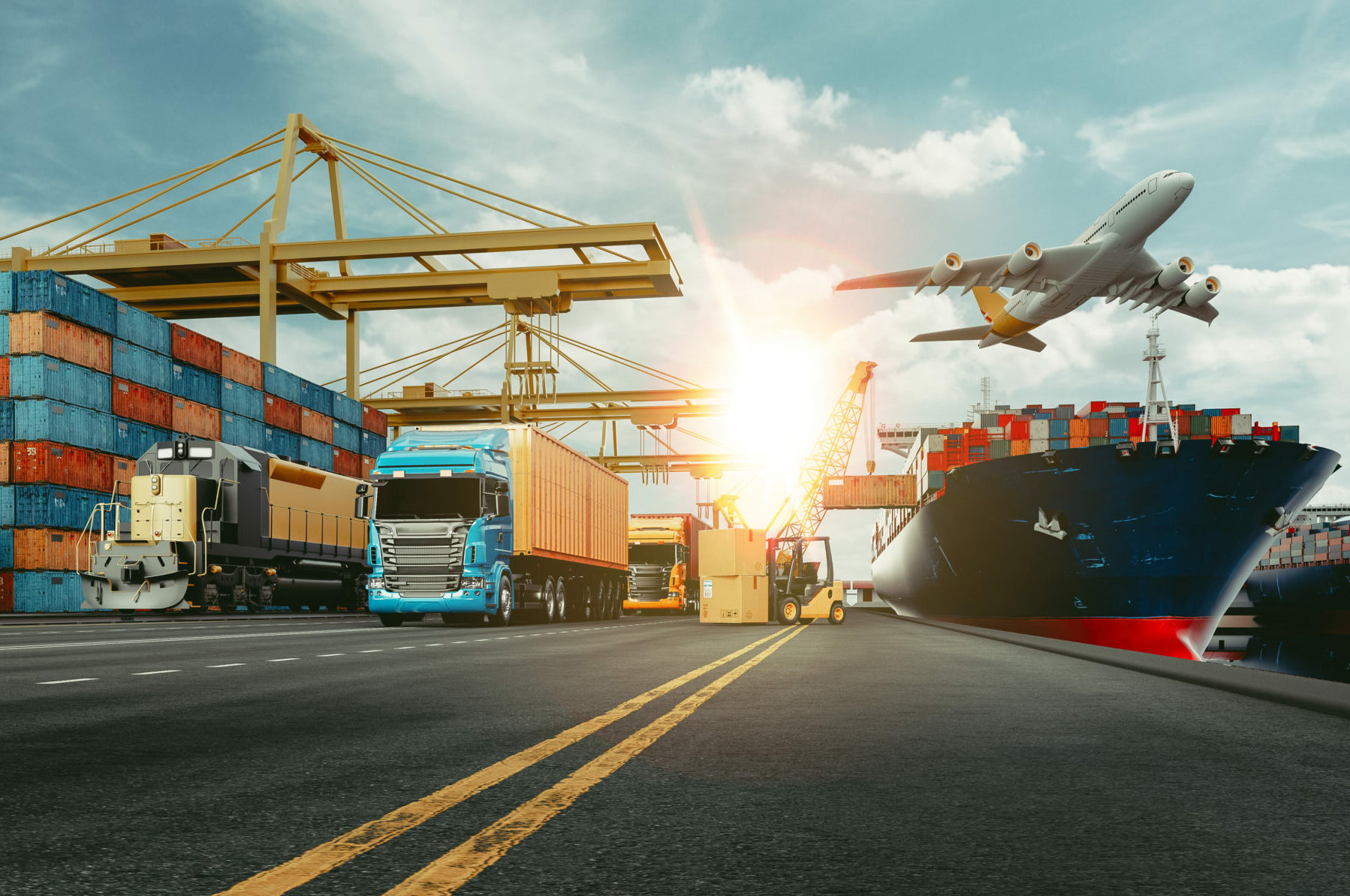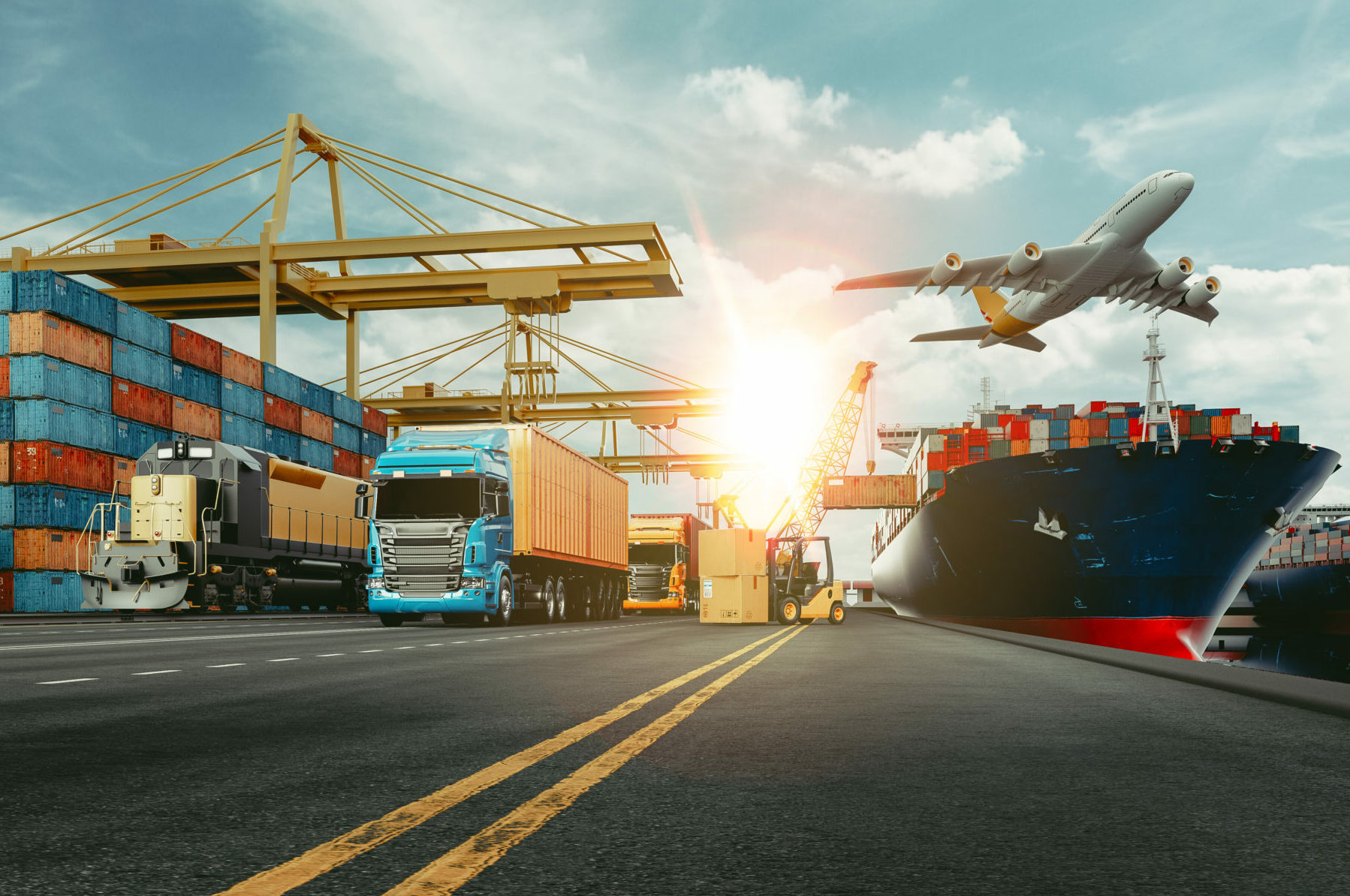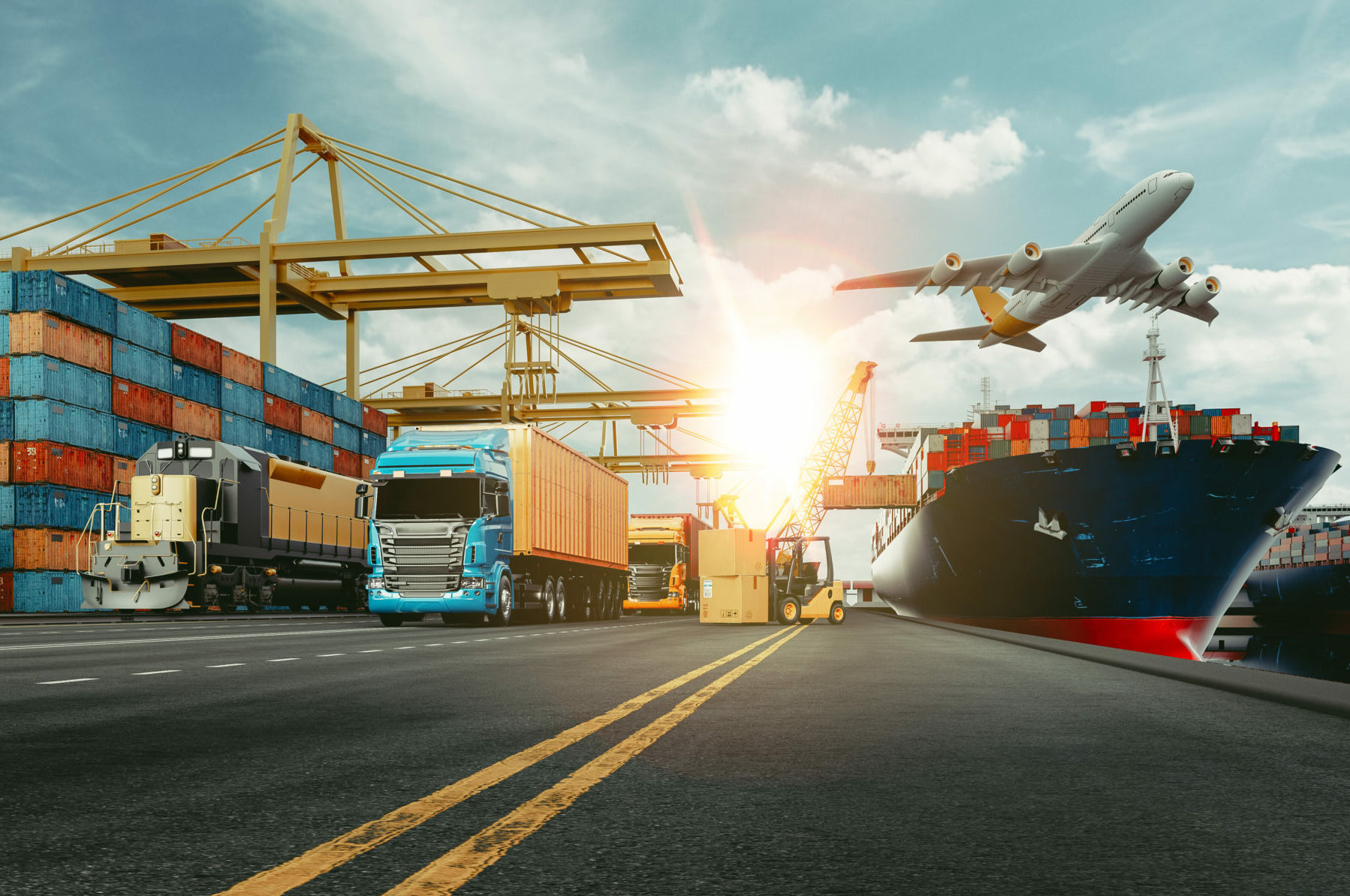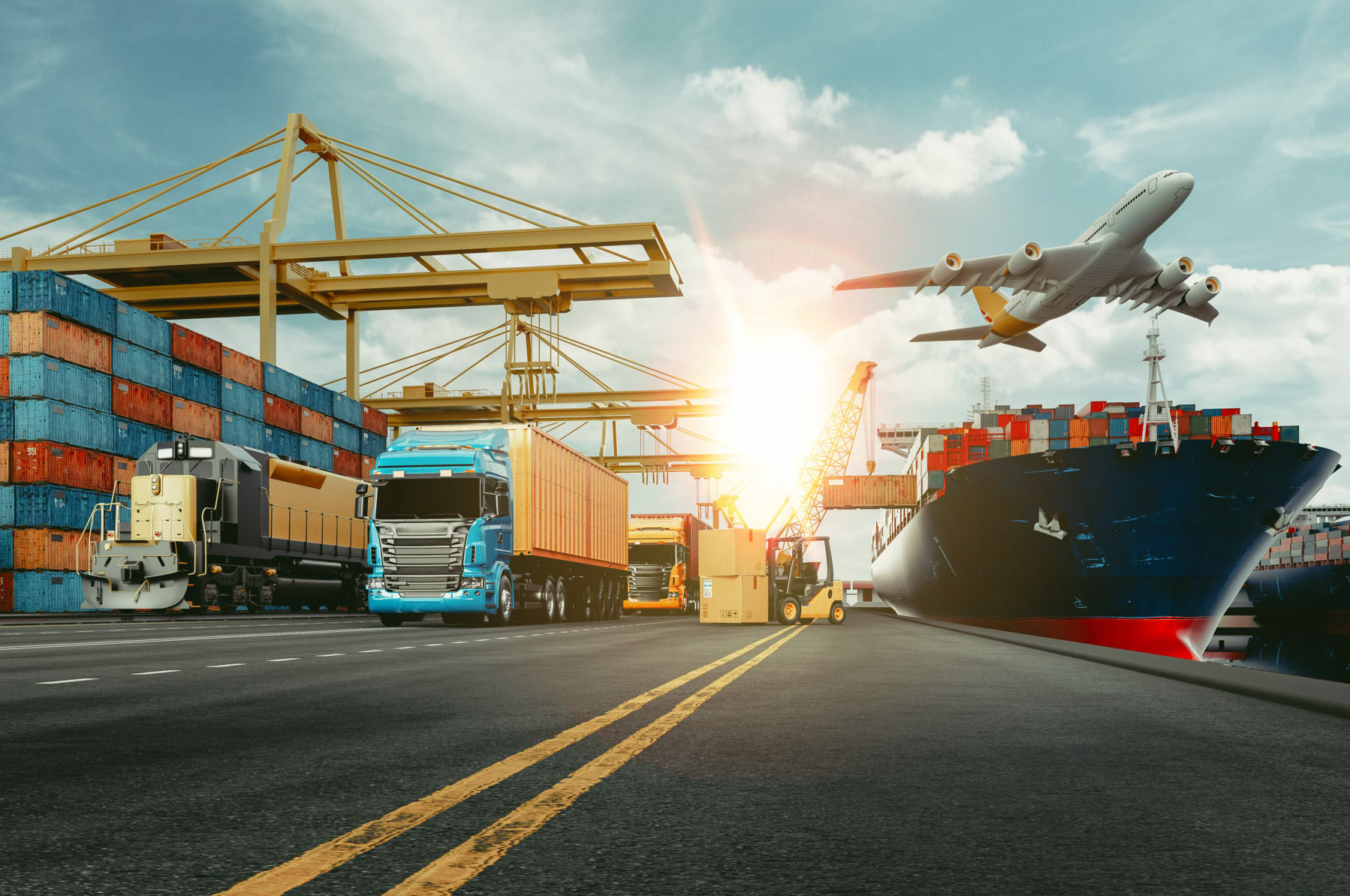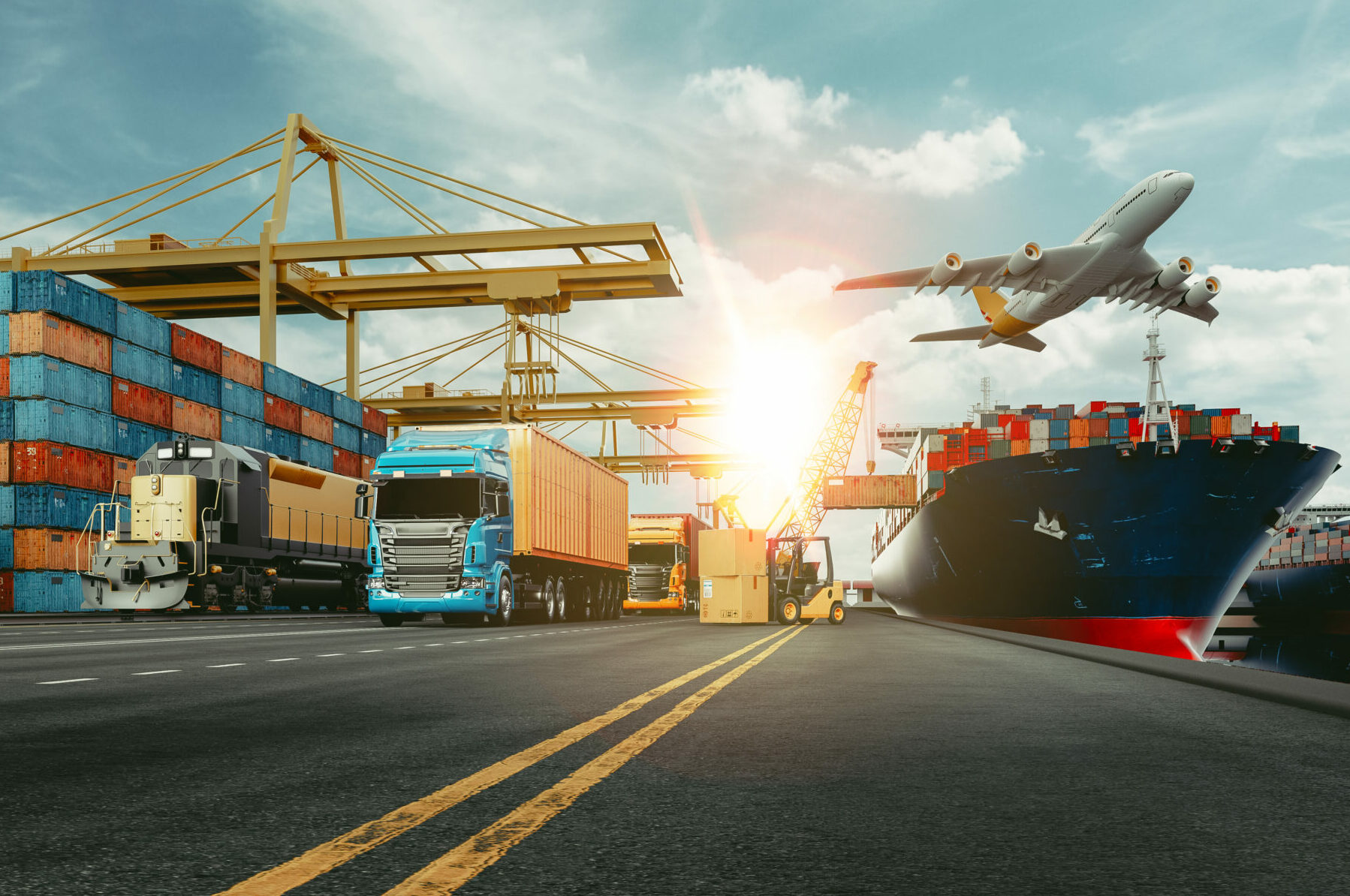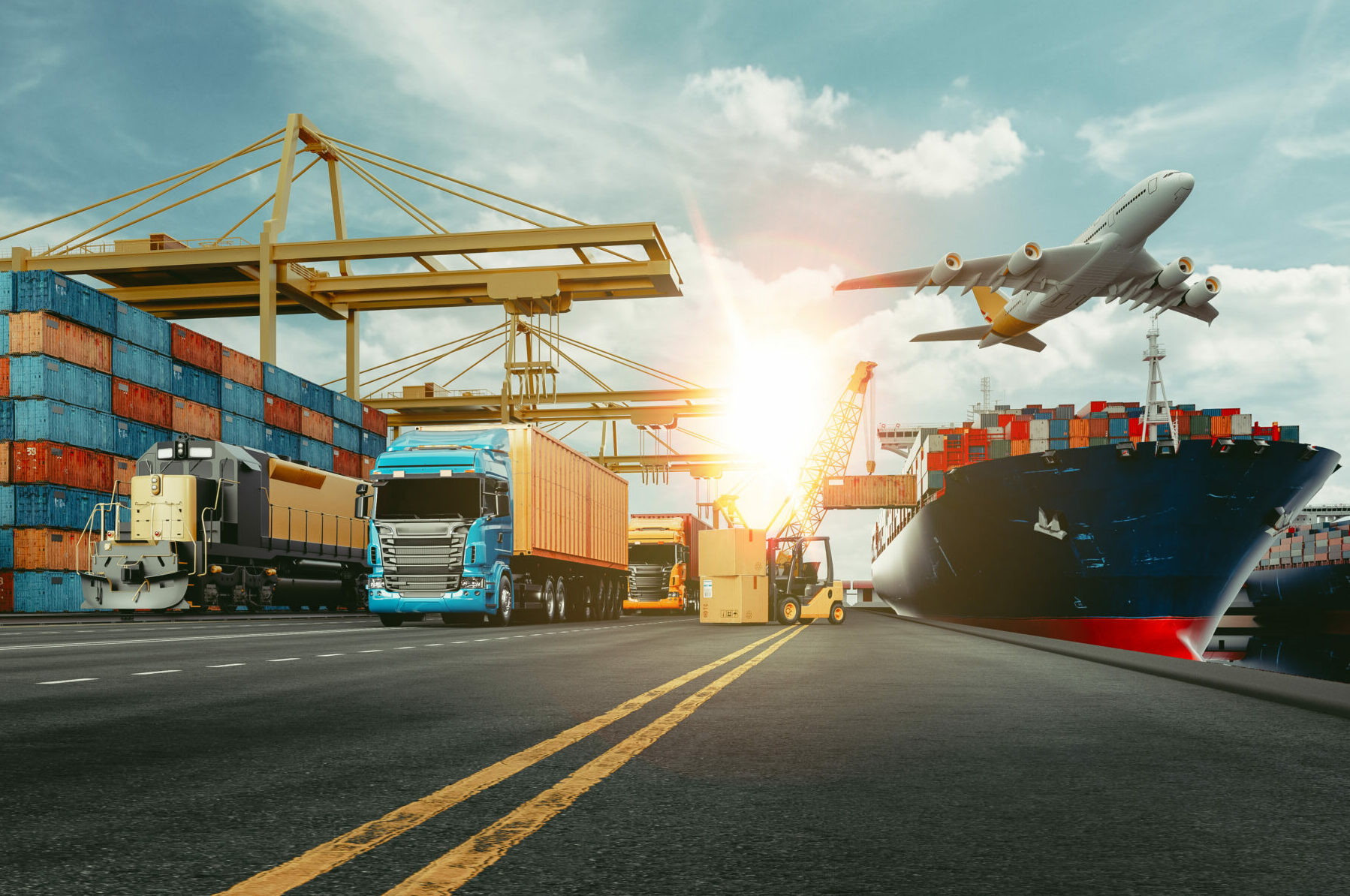The cargo forwarding industry handles billions of pounds worth of goods annually, with high-value cargo presenting unique risks and challenge…
Bulk Cargo Transportation Freight Insurance: Complete Guide for Shipping Businesses
Bulk cargo transportation forms the backbone of global trade, moving millions of tonnes of commodities across oceans, railways, and roads every day. From grain and coal to crude oil and chemicals, bulk cargo represents some of the most valuable and vulnerable shipments in the logistics industry. For businesses involved in bulk cargo transportation, comprehensive freight insurance is not just a regulatory requirement but a critical financial safeguard against the substantial risks inherent in moving large quantities of goods across complex supply chains.
This guide explores the essential aspects of bulk cargo transportation freight insurance, helping shipping companies, freight forwarders, commodity traders, and logistics providers understand their coverage options, manage risks effectively, and protect their financial interests in an increasingly complex global marketplace.
Understanding Bulk Cargo Transportation
Bulk cargo refers to commodities transported in large quantities without packaging, typically loaded directly into the hold of a vessel, railcar, or truck. The bulk cargo industry is divided into three main categories:
Dry Bulk Cargo
Dry bulk includes commodities such as grain, coal, iron ore, cement, fertilizers, minerals, and aggregates. These materials are typically transported in specialized bulk carriers, with cargo holds designed to accommodate loose materials. The dry bulk sector faces unique risks including contamination, moisture damage, spontaneous combustion, and cargo shift during transit.
Liquid Bulk Cargo
Liquid bulk encompasses petroleum products, chemicals, liquefied natural gas, vegetable oils, and other fluid commodities. These shipments require specialized tanker vessels with temperature control, pressurization systems, and contamination prevention measures. Liquid bulk cargo faces risks including leakage, contamination, temperature fluctuations, and environmental liability.
Break Bulk Cargo
Break bulk refers to goods that must be loaded individually rather than in containers, including machinery, steel products, timber, and project cargo. While not technically bulk cargo in the traditional sense, break bulk shipments share similar handling characteristics and insurance considerations with bulk commodities.
Key Risks in Bulk Cargo Transportation
Bulk cargo transportation exposes businesses to a wide range of perils that can result in significant financial losses:
Marine Perils
Vessels carrying bulk cargo face traditional maritime risks including sinking, collision, grounding, fire, and piracy. The sheer volume and weight of bulk cargo can exacerbate these risks, with cargo shift potentially causing vessel instability and capsizing. Weather-related incidents, particularly in exposed ocean routes, pose constant threats to bulk carriers.
Cargo Damage and Contamination
Bulk commodities are particularly vulnerable to damage from moisture, heat, cold, and contamination from previous cargoes or external sources. Grain can suffer from infestation, mold, or spontaneous heating. Coal may experience spontaneous combustion. Liquid bulk cargo can be contaminated by residues in tanks or mixing with incompatible substances.
Loading and Discharge Risks
The loading and unloading of bulk cargo presents significant hazards. Improper loading can cause structural damage to vessels, while discharge operations may result in spillage, contamination, or shortages. Port equipment failures, stevedore errors, and inadequate facilities contribute to losses during cargo handling operations.
Shortage and Measurement Disputes
Determining the exact quantity of bulk cargo loaded and discharged presents inherent challenges. Natural losses through evaporation, moisture loss, or spillage during transit are common, but distinguishing between acceptable losses and actual shortages often leads to disputes between shippers, carriers, and receivers.
Environmental Liability
Spills of liquid bulk cargo, particularly petroleum products and chemicals, can result in catastrophic environmental damage and enormous cleanup costs. Even dry bulk materials can pose environmental hazards if they enter waterways or contaminate soil. Regulatory penalties and third-party claims can far exceed the value of the cargo itself.
Delay and Market Fluctuation
Bulk commodities are often subject to volatile market prices. Delays in transportation due to vessel breakdowns, port congestion, or adverse weather can result in significant financial losses if cargo arrives when market prices have fallen substantially.
Freight Insurance Coverage for Bulk Cargo
Comprehensive freight insurance for bulk cargo transportation typically includes several layers of protection:
Cargo Insurance
Cargo insurance forms the foundation of protection for bulk shipments, covering physical loss or damage to the goods during transit. Policies are typically written on an Institute Cargo Clauses basis, with three standard levels of coverage:
Institute Cargo Clauses A provides all-risk coverage, protecting against all causes of loss or damage except those specifically excluded. This represents the broadest coverage available and is recommended for high-value or particularly vulnerable bulk cargoes.
Institute Cargo Clauses B offers named perils coverage, protecting against specific risks including fire, explosion, vessel stranding, sinking, collision, discharge at a port of distress, and general average sacrifice. This mid-level coverage suits many bulk commodity shipments.
Institute Cargo Clauses C provides minimum coverage, protecting only against major casualties such as vessel sinking, collision, fire, and explosion. This basic coverage is typically used for low-value bulk commodities where the risk of partial damage is accepted by the shipper.
General Average Coverage
General average is a maritime principle whereby all parties in a sea venture proportionally share losses resulting from voluntary sacrifice of cargo or vessel to save the entire venture. Bulk cargo shippers must ensure their insurance includes general average coverage, as contributions can be substantial when a vessel jettisons cargo or incurs extraordinary expenses to save the ship.
Shortage Coverage
Specialized shortage coverage addresses the unique challenge of quantity discrepancies in bulk cargo shipments. This coverage can be structured to account for natural losses while protecting against actual shortages due to theft, spillage, or measurement errors. Policies typically specify acceptable loss percentages based on commodity type and voyage duration.
Contamination Coverage
Contamination insurance protects against cargo becoming unfit for its intended purpose due to mixing with foreign substances, exposure to odors, or contact with incompatible materials. This coverage is particularly important for food-grade bulk liquids, agricultural products, and chemicals where even minor contamination can render entire shipments worthless.
War and Strikes Coverage
Standard cargo policies exclude losses arising from war, civil unrest, strikes, and terrorism. Separate war and strikes coverage can be purchased to protect bulk cargo transiting high-risk regions or during periods of labor unrest at ports.
Delay Coverage
While standard cargo insurance does not cover pure financial losses from delays, specialized delay coverage can protect against consequential losses when bulk cargo arrives late due to insured perils. This coverage is particularly valuable for time-sensitive commodities subject to price volatility.
Pollution Liability Coverage
For liquid bulk cargo, pollution liability insurance protects against cleanup costs, environmental damage claims, and regulatory penalties resulting from spills or leaks. This coverage extends beyond the value of the cargo to address potentially catastrophic third-party liabilities.
Policy Considerations and Exclusions
Understanding policy terms, conditions, and exclusions is essential for bulk cargo shippers:
Valuation Methods
Bulk cargo insurance policies typically value cargo at invoice cost plus freight and insurance charges, plus a percentage markup to cover profit and incidental expenses. Agreed value policies establish the insured value at policy inception, while open policies allow declaration of actual values for each shipment.
Common Exclusions
Standard exclusions in bulk cargo insurance include inherent vice, ordinary leakage and loss in weight, insufficient or unsuitable packaging, delay, insolvency of vessel owners, and unseaworthiness if the shipper was aware of the condition. Understanding these exclusions helps shippers implement appropriate risk management measures.
Warranty Requirements
Policies may include warranties requiring specific vessel classifications, maximum vessel age, routing restrictions, or cargo handling procedures. Breach of warranty can void coverage, making strict compliance essential.
Survey and Inspection Requirements
Insurers typically require pre-shipment surveys for high-value bulk cargoes, particularly when loading into older vessels or shipping to high-risk destinations. Condition surveys at loading and discharge help establish the timing and cause of any damage or shortage.
The Claims Process for Bulk Cargo Losses
Navigating the claims process efficiently is crucial for recovering losses:
Immediate Notification
Upon discovering loss or damage, immediate notification to insurers is essential. Bulk cargo claims often involve complex causation issues, and prompt notification allows insurers to appoint surveyors and preserve evidence before cargo is dispersed or disposed of.
Documentation Requirements
Successful claims require comprehensive documentation including bills of lading, commercial invoices, packing lists, survey reports, photographs, vessel logs, weather reports, and correspondence with carriers. For shortage claims, detailed weight certificates at loading and discharge are essential.
Survey and Assessment
Independent surveyors assess the extent of damage, determine causation, and establish the quantum of loss. For bulk cargo, surveyors must distinguish between pre-existing damage, damage during transit, and damage occurring during discharge operations.
Subrogation and Recovery
After paying claims, insurers pursue recovery from responsible third parties including carriers, stevedores, port operators, or other cargo interests. Shippers must cooperate with subrogation efforts and preserve their rights against third parties.
Cost Factors for Bulk Cargo Freight Insurance
Several factors influence the cost of insuring bulk cargo shipments:
Commodity Type
Insurance rates vary significantly based on the commodity being shipped. High-value, easily damaged, or hazardous cargoes command higher premiums than stable, low-value bulk commodities. Grain typically attracts lower rates than chemicals or refined petroleum products.
Route and Destination
Voyages through high-risk areas including piracy zones, war risk regions, or areas prone to severe weather attract higher premiums. Routes with well-established infrastructure and stable political environments benefit from lower rates.
Vessel Quality
The age, classification, and condition of the carrying vessel significantly impact insurance costs. Modern vessels with strong safety records and reputable operators receive preferential rates, while older or poorly maintained vessels face premium surcharges or coverage restrictions.
Claims History
Shippers with favorable claims experience benefit from reduced premiums and better terms, while those with frequent or severe losses face increased costs and potentially restricted coverage.
Volume and Frequency
Regular shippers with substantial annual volumes can negotiate preferential rates through annual policies or fleet arrangements, while occasional shippers typically pay higher per-shipment rates.
Risk Management Best Practices
Effective risk management reduces losses and insurance costs:
Vessel Vetting
Implement rigorous vessel vetting procedures to ensure bulk cargo is loaded only on suitable, well-maintained vessels operated by reputable companies. Verify vessel classification, age, inspection records, and safety management systems.
Cargo Surveying
Conduct pre-shipment surveys to document cargo condition, quantity, and quality before loading. Appoint independent surveyors at discharge to verify outturn quantities and condition, establishing clear evidence for any shortage or damage claims.
Proper Stowage and Securing
Ensure cargo is properly stowed, trimmed, and secured according to industry best practices and International Maritime Organization guidelines. Improper stowage is a leading cause of bulk cargo losses and may void insurance coverage.
Documentation Accuracy
Maintain accurate, detailed documentation for all shipments including bills of lading, weight certificates, quality certificates, and cargo declarations. Discrepancies in documentation can complicate claims and provide grounds for coverage disputes.
Regular Policy Review
Review insurance coverage regularly to ensure it remains adequate for current operations, commodity types, and trade routes. As business evolves, coverage requirements change, and policies should be adjusted accordingly.
Regulatory and Compliance Considerations
Bulk cargo transportation operates within a complex regulatory framework:
International Maritime Regulations
The International Maritime Organization establishes safety standards for bulk cargo transportation through conventions including SOLAS, MARPOL, and the International Grain Code. Compliance with these regulations is essential for maintaining insurance coverage.
Carrier Liability Limitations
The Hague-Visby Rules, Hamburg Rules, or Rotterdam Rules govern carrier liability for cargo loss or damage, depending on the jurisdiction and contract terms. These conventions typically limit carrier liability to amounts far below the actual value of bulk cargo, making comprehensive insurance essential.
Environmental Regulations
Increasingly stringent environmental regulations impose strict liability for pollution from bulk cargo spills. Insurance coverage must address both cleanup costs and regulatory penalties under national and international environmental laws.
Choosing the Right Insurance Provider
Selecting an appropriate insurance provider is crucial for bulk cargo shippers:
Specialist Experience
Choose insurers and brokers with specific expertise in bulk cargo transportation. Specialist providers understand the unique risks, industry practices, and technical aspects of bulk shipping, enabling them to structure appropriate coverage and handle claims efficiently.
Financial Strength
Verify the financial stability and claims-paying ability of insurers through rating agencies. Bulk cargo claims can be substantial, and insurers must have the financial capacity to honor large losses.
Global Reach
For international bulk cargo operations, select insurers with global networks capable of providing coverage, survey services, and claims handling in all relevant jurisdictions. Local expertise in key trading regions facilitates efficient claims resolution and risk management support.
Claims Service Quality
Evaluate insurers based on their claims handling reputation, response times, and willingness to provide fair settlements. Speak with other bulk cargo shippers about their experiences with potential insurers, particularly regarding complex shortage or contamination claims.
Value-Added Services
Leading insurance providers offer risk management services including vessel vetting databases, cargo surveyor networks, loss prevention guidance, and market intelligence. These services add significant value beyond basic insurance coverage.
Industry Trends Affecting Bulk Cargo Insurance
The bulk cargo insurance market continues to evolve in response to changing industry dynamics:
Technological Advancement
Digital technologies including satellite tracking, IoT sensors, and blockchain documentation are transforming bulk cargo transportation. Real-time monitoring of cargo conditions, vessel positions, and environmental parameters enables proactive risk management and provides valuable evidence for claims. Insurers increasingly offer premium discounts for shipments utilizing advanced monitoring technologies.
Environmental Pressures
Growing environmental concerns and stricter regulations are reshaping bulk cargo operations. Insurers are developing specialized coverage for carbon-neutral shipping initiatives, alternative fuels, and environmental compliance. The transition to cleaner bulk carriers may initially increase insurance costs as new technologies are proven.
Supply Chain Disruption
Recent years have demonstrated the vulnerability of global supply chains to disruption from pandemics, geopolitical tensions, and natural disasters. Insurers are reassessing risk models and coverage terms for delay, business interruption, and contingent cargo exposures.
Cyber Risks
The digitalization of shipping operations introduces cyber vulnerabilities that can disrupt bulk cargo movements, compromise documentation, or enable cargo theft. Forward-thinking insurers are developing cyber coverage extensions for bulk cargo operations.
Common Claim Scenarios
Understanding typical bulk cargo claims helps shippers recognize and mitigate risks:
Cargo Contamination Claim
A shipment of food-grade vegetable oil was contaminated by residues from a previous cargo of industrial chemicals due to inadequate tank cleaning. The entire shipment became unfit for human consumption, resulting in a total loss. The claim was covered under contamination insurance, but highlighted the importance of verifying tank cleanliness certificates before loading.
Shortage Dispute
A bulk grain shipment showed a shortage of three percent upon discharge, exceeding the acceptable loss allowance. Investigation revealed a combination of moisture loss during the voyage and measurement discrepancies at the loading port. The claim was settled based on independent survey evidence, with recovery pursued against the loading terminal for measurement errors.
Weather Damage
A bulk carrier encountered severe weather while transporting coal, resulting in water ingress into cargo holds. Significant quantities of coal were damaged by seawater, reducing quality and value. The claim was covered under Institute Cargo Clauses A, demonstrating the value of all-risk coverage for vulnerable bulk commodities.
Spontaneous Combustion
A shipment of coal experienced spontaneous combustion during transit, requiring the vessel to flood cargo holds to prevent fire spread. The cargo was rendered worthless, and the shipper faced general average contributions for vessel damage and salvage costs. Comprehensive insurance including general average coverage protected the shipper from catastrophic financial loss.
Types of Insurance Policies for Bulk Cargo Operations
Voyage Policies
Voyage policies cover a single shipment from a specified origin to destination. These policies suit occasional shippers or one-off movements of particularly valuable or unusual bulk cargoes. While offering flexibility, voyage policies typically cost more per shipment than annual arrangements.
Open Cover Policies
Open cover policies provide automatic coverage for all shipments within agreed parameters over a policy period, typically one year. Shippers declare individual shipments as they occur, with premiums calculated based on declared values. Open cover arrangements offer convenience, cost efficiency, and guaranteed coverage availability for regular bulk cargo shippers.
Annual Aggregate Policies
Annual aggregate policies provide coverage up to a specified total limit for all shipments during the policy year. These policies suit shippers with predictable annual volumes, offering simplified administration and competitive pricing based on total exposure rather than individual shipment values.
Contingency Insurance
Contingency insurance provides backup coverage when primary insurance arranged by other parties proves inadequate or invalid. Commodity traders and freight forwarders often purchase contingency coverage to protect against gaps in carrier or shipper insurance programs.
International Trade Considerations
Bulk cargo transportation involves complex international trade dynamics:
Incoterms and Insurance Responsibility
International Commercial Terms define when risk and responsibility transfer between buyers and sellers. Under CIF terms, sellers must arrange insurance, while FOB terms place insurance responsibility on buyers. Understanding Incoterms is essential for determining who must arrange bulk cargo insurance and what coverage is required.
Letter of Credit Requirements
Banks financing bulk commodity trades typically require evidence of insurance as a condition for releasing payment. Insurance certificates must comply precisely with letter of credit terms regarding coverage, insured amounts, and documentation requirements.
Sanctions and Trade Restrictions
International sanctions and trade restrictions can affect insurance availability and coverage validity. Insurers may exclude coverage for shipments to or from sanctioned countries, or require special approvals for such movements. Shippers must ensure their insurance remains valid throughout the voyage, even if geopolitical circumstances change.
Conclusion
Bulk cargo transportation freight insurance represents a critical financial safeguard for businesses moving commodities across global supply chains. The substantial values involved, combined with the inherent risks of maritime and overland transportation, make comprehensive insurance coverage essential rather than optional.
Successful bulk cargo insurance programs balance adequate coverage with cost efficiency, addressing the specific risks associated with particular commodities, routes, and operational practices. By understanding available coverage options, implementing robust risk management practices, and partnering with specialist insurance providers, bulk cargo shippers can protect their financial interests while maintaining competitive operations.
The bulk cargo insurance market continues to evolve in response to technological advancement, environmental pressures, and changing trade patterns. Shippers who stay informed about industry developments, regularly review their coverage, and maintain strong relationships with insurance partners position themselves to navigate risks effectively and capitalize on opportunities in the dynamic global commodities market.
Whether shipping grain across oceans, transporting chemicals by tanker, or moving minerals by rail, appropriate freight insurance transforms potentially catastrophic losses into manageable, insured events. In an industry where single shipments can represent millions of pounds in value, comprehensive insurance coverage is not merely prudent—it is fundamental to sustainable business operations.
Frequently Asked Questions
What is the difference between cargo insurance and carrier liability?
Carrier liability is the legal responsibility of the shipping company for cargo loss or damage, typically limited by international conventions to amounts far below actual cargo values. Cargo insurance provides comprehensive coverage for the full value of goods, protecting shippers against losses exceeding carrier liability limits and covering perils for which carriers are not legally responsible.
Are natural losses in bulk cargo covered by insurance?
Standard cargo insurance policies typically exclude ordinary loss in weight or volume due to the nature of the goods. However, specialized shortage coverage can be structured to account for expected natural losses while protecting against excessive shortages. Policy terms should specify acceptable loss percentages based on commodity type and voyage characteristics.
How is the insured value determined for bulk cargo?
Bulk cargo is typically insured for invoice value plus freight and insurance costs, plus a percentage markup for profit and incidental expenses. The standard markup is ten percent, though this can be adjusted based on specific circumstances. For commodities subject to price volatility, agreed value provisions may be used to establish insured values at policy inception.
What documentation is required to support a bulk cargo insurance claim?
Essential documentation includes bills of lading, commercial invoices, weight certificates at loading and discharge, survey reports documenting damage or shortage, photographs, vessel logs, weather reports, correspondence with carriers, and evidence of financial loss. For contamination claims, laboratory analysis reports are typically required.
Does cargo insurance cover delays in bulk shipments?
Standard cargo insurance excludes pure delay losses. However, if delay results from an insured peril such as vessel casualty or cargo damage requiring discharge at a port of refuge, consequential losses may be covered. Specialized delay coverage can be purchased separately to protect against financial losses from late delivery of time-sensitive commodities.
What is general average and why is it important for bulk cargo?
General average is a maritime principle requiring all parties in a sea venture to proportionally share extraordinary sacrifices or expenses incurred to save the vessel and cargo from peril. Bulk cargo shippers can face substantial general average contributions if a vessel jettisons cargo, seeks refuge, or incurs salvage costs. Insurance should include general average coverage to protect against these potential liabilities.
How do insurers handle contamination claims for bulk cargo?
Contamination claims require evidence that cargo became unfit for its intended purpose due to contact with foreign substances or incompatible materials. Insurers typically appoint surveyors to assess the extent of contamination, determine causation, and establish whether the loss falls within policy coverage. Laboratory analysis often determines whether cargo can be salvaged for alternative uses at reduced value.
Can I insure bulk cargo being transported on older vessels?
Insurance is available for cargo on older vessels, but insurers may impose age restrictions, require additional surveys, charge premium surcharges, or exclude certain coverages. Vessels over 15-20 years old typically face increased scrutiny. Shippers should disclose vessel age and condition to insurers and implement rigorous vetting procedures for older tonnage.
What is the difference between Institute Cargo Clauses A, B, and C?
Institute Cargo Clauses A provides all-risk coverage protecting against all causes of loss except specific exclusions. Clauses B offers named perils coverage for major casualties and specific risks. Clauses C provides minimum coverage for only the most serious casualties. The choice depends on commodity value, vulnerability, and risk tolerance, with Clauses A offering the broadest protection.
Are environmental cleanup costs covered under bulk cargo insurance?
Standard cargo insurance typically excludes pollution liability. Separate pollution liability coverage is required to protect against cleanup costs, environmental damage claims, and regulatory penalties resulting from spills or leaks. This coverage is particularly important for liquid bulk cargoes including petroleum products, chemicals, and other hazardous materials.
How long do I have to file a claim for bulk cargo loss or damage?
Time limits for filing claims vary by policy terms and applicable law, but prompt notification is essential. Most policies require immediate notice of loss or damage, with formal claims submitted within specified timeframes, often 30-90 days. Delays in notification can prejudice claims, particularly for bulk cargo where evidence may be dispersed or disposed of quickly.
What factors affect bulk cargo insurance premiums?
Premium rates are influenced by commodity type, value, route, destination, vessel quality and age, loading and discharge ports, claims history, coverage scope, deductibles, and shipment frequency. High-value or hazardous cargoes, high-risk routes, older vessels, and poor claims experience result in higher premiums, while favorable factors can reduce costs significantly.
Should I purchase voyage or annual insurance for bulk cargo?
Regular shippers benefit from annual open cover policies offering convenience, guaranteed coverage, and better rates based on aggregate volumes. Occasional shippers or those moving unusual cargoes may prefer voyage policies covering individual shipments. Annual policies suit businesses with predictable shipping patterns, while voyage policies offer flexibility for variable operations.
Does insurance cover theft of bulk cargo?
Theft coverage depends on policy terms. Institute Cargo Clauses A typically covers theft, while Clauses B and C may exclude it unless occurring during a major casualty. Piracy is generally covered under standard marine policies, while theft at ports or during inland transit may require specific coverage extensions. Policy terms should be reviewed carefully to understand theft protections.
What is the role of cargo surveyors in bulk shipments?
Cargo surveyors provide independent assessment of cargo condition, quantity, and quality at loading and discharge. They document pre-existing damage, verify weights, identify causes of loss or damage, and provide expert reports supporting insurance claims. Appointing reputable surveyors at key points in the supply chain provides essential evidence for resolving disputes and claims.
Protect Your Bulk Cargo Shipments
At Insure24, we specialize in comprehensive freight insurance solutions for bulk cargo transportation. Our expert team understands the unique risks facing commodity shippers and can structure coverage tailored to your specific operations, routes, and cargo types.
Whether you are shipping dry bulk, liquid bulk, or break bulk cargo, we provide the protection and support you need to operate with confidence in global markets.
Contact Insure24 today for a tailored bulk cargo insurance quote:
Phone: 0330 127 2333
Visit: www.insure24.co.uk


 0330 127 2333
0330 127 2333

